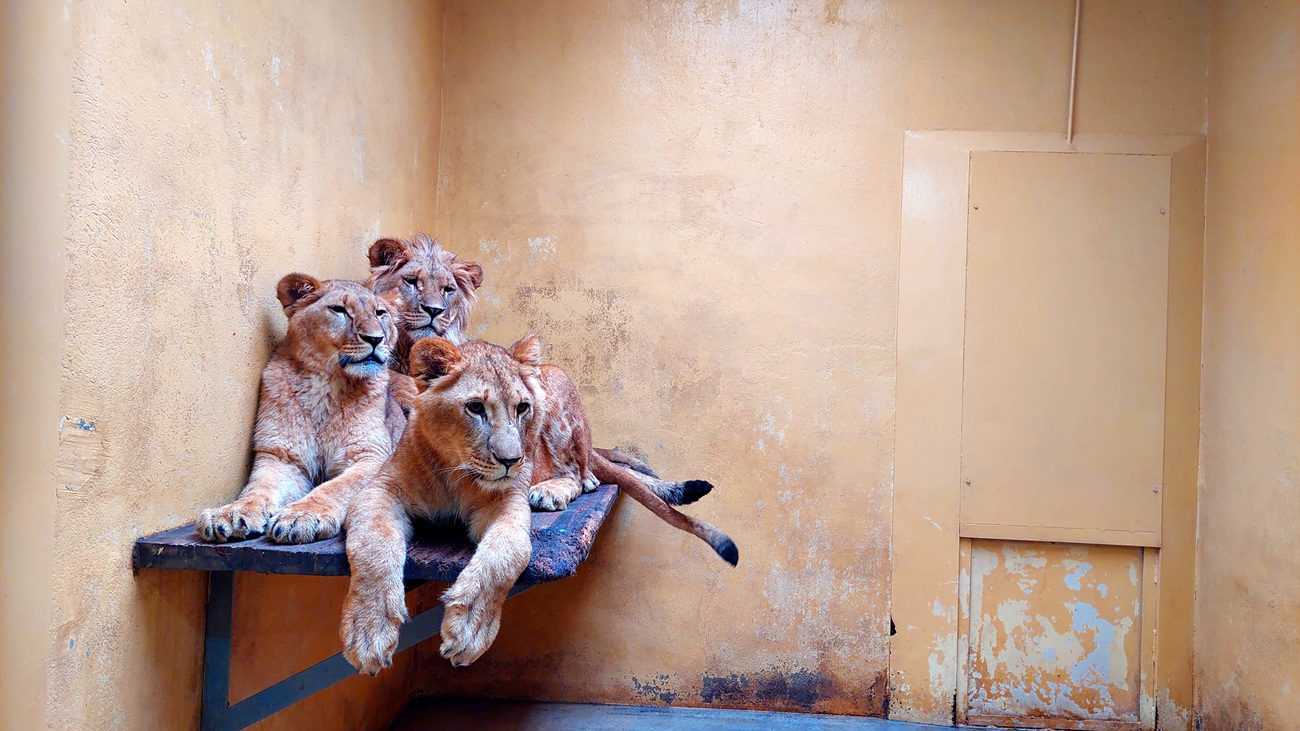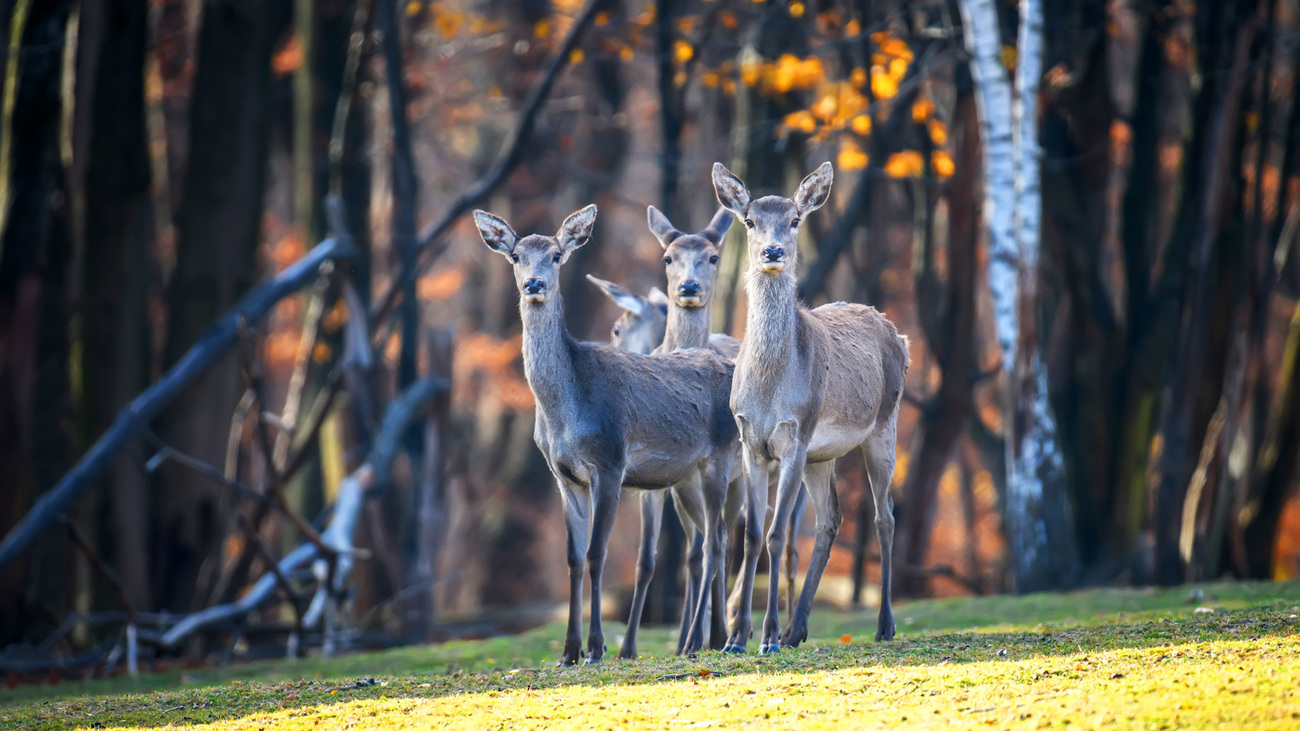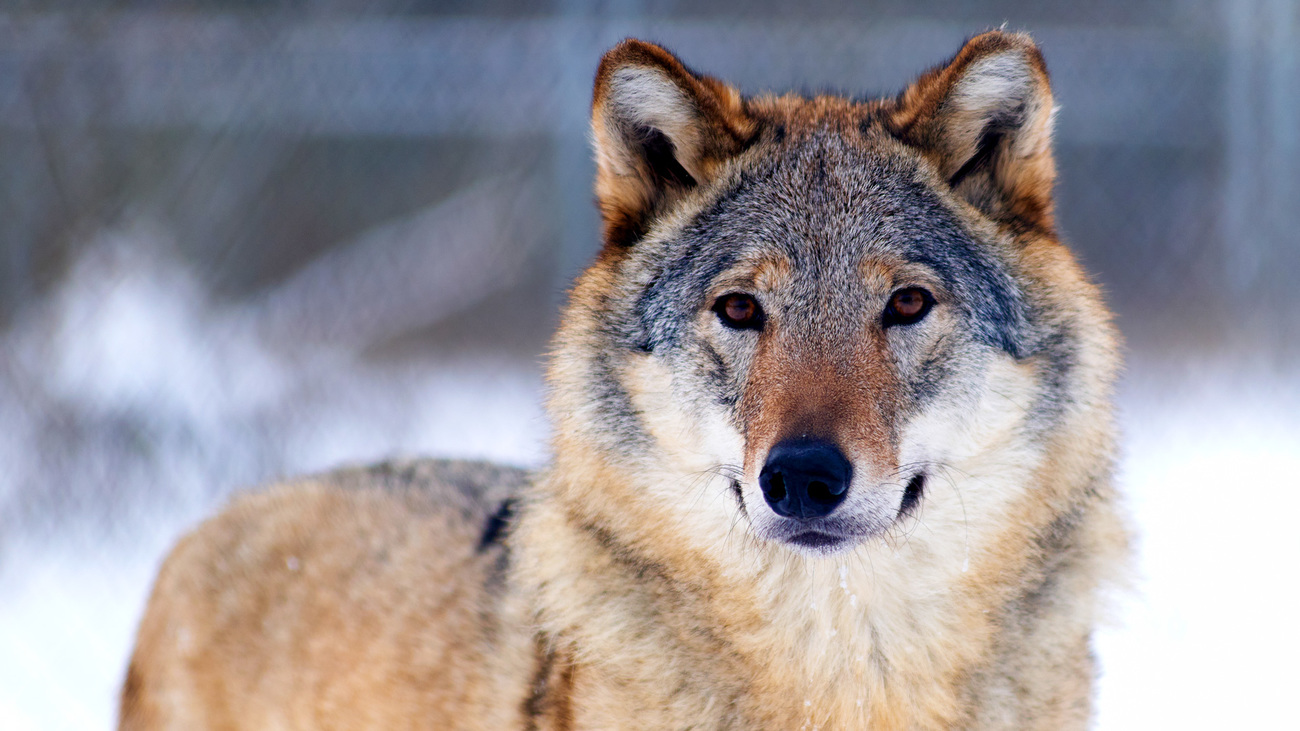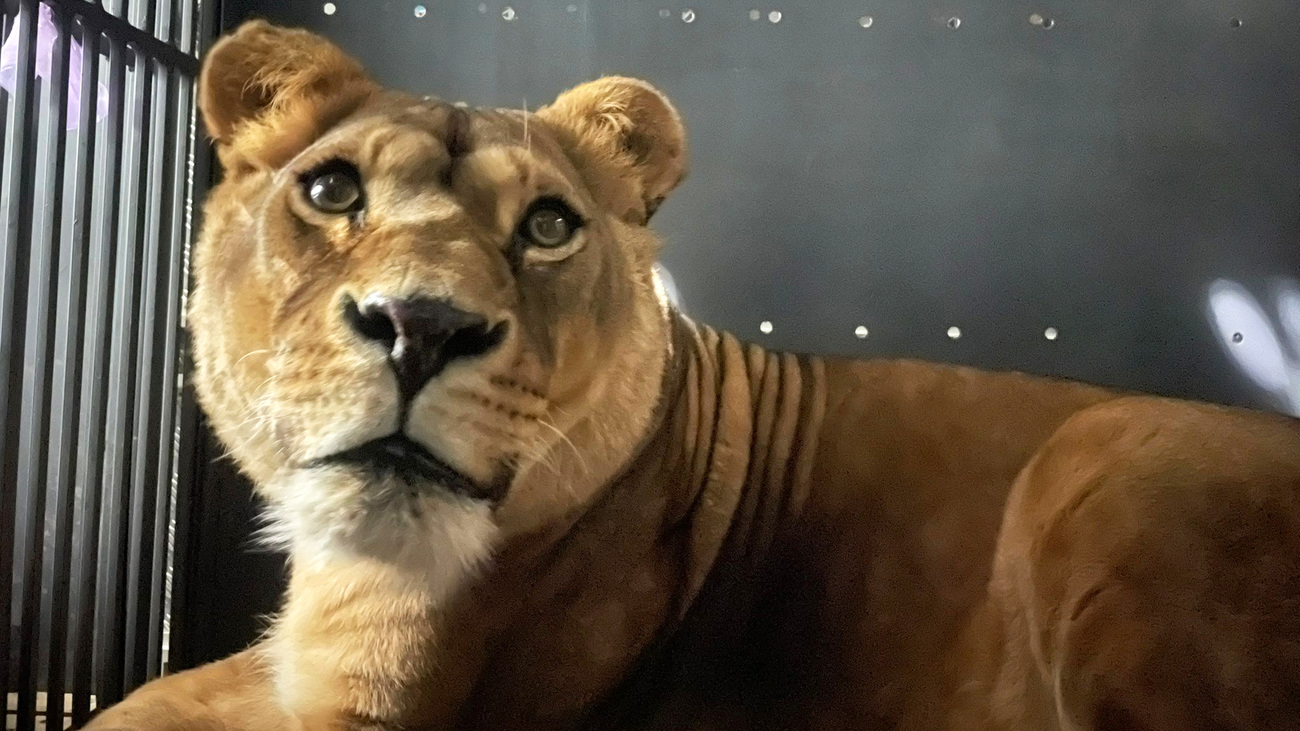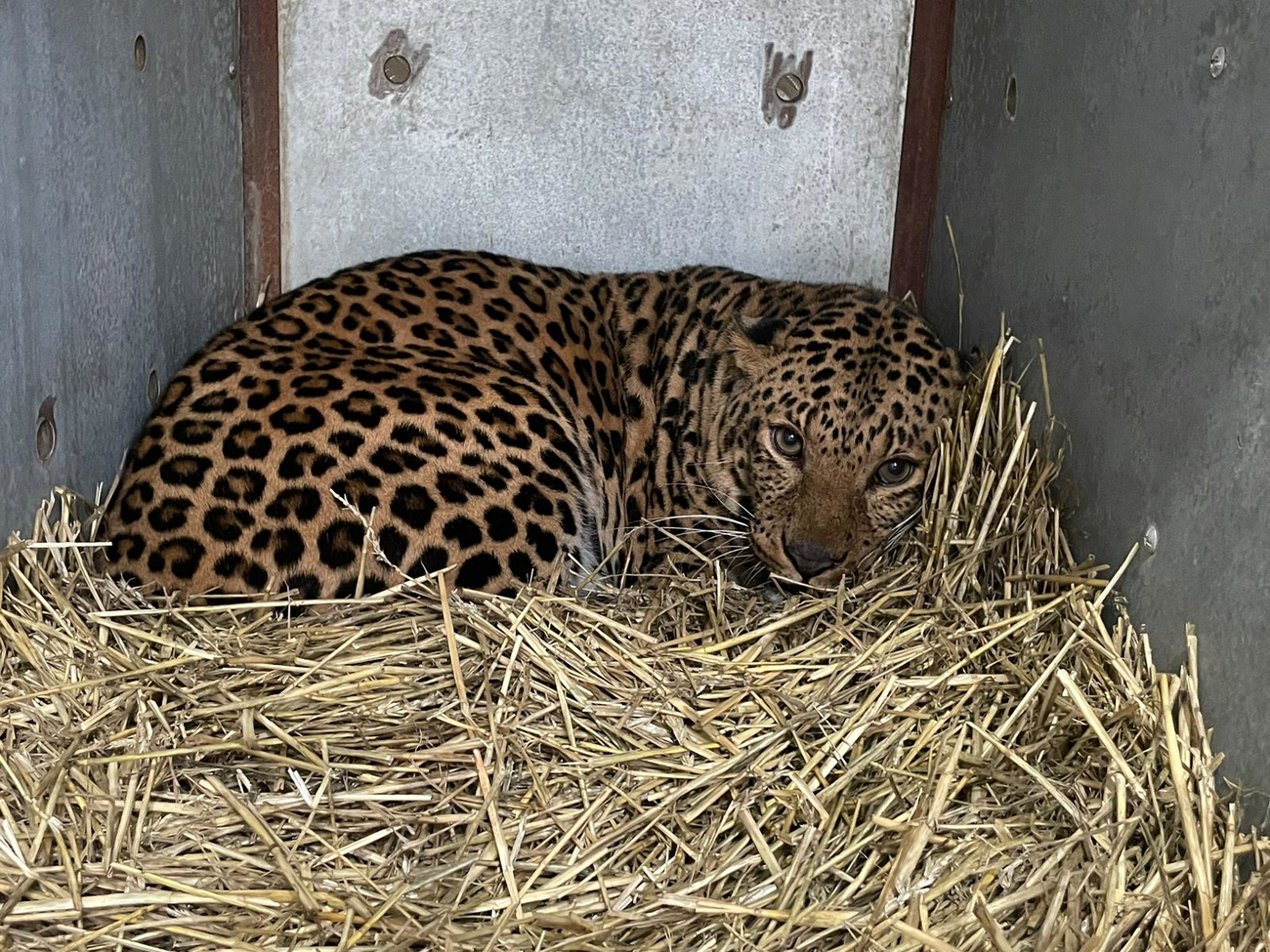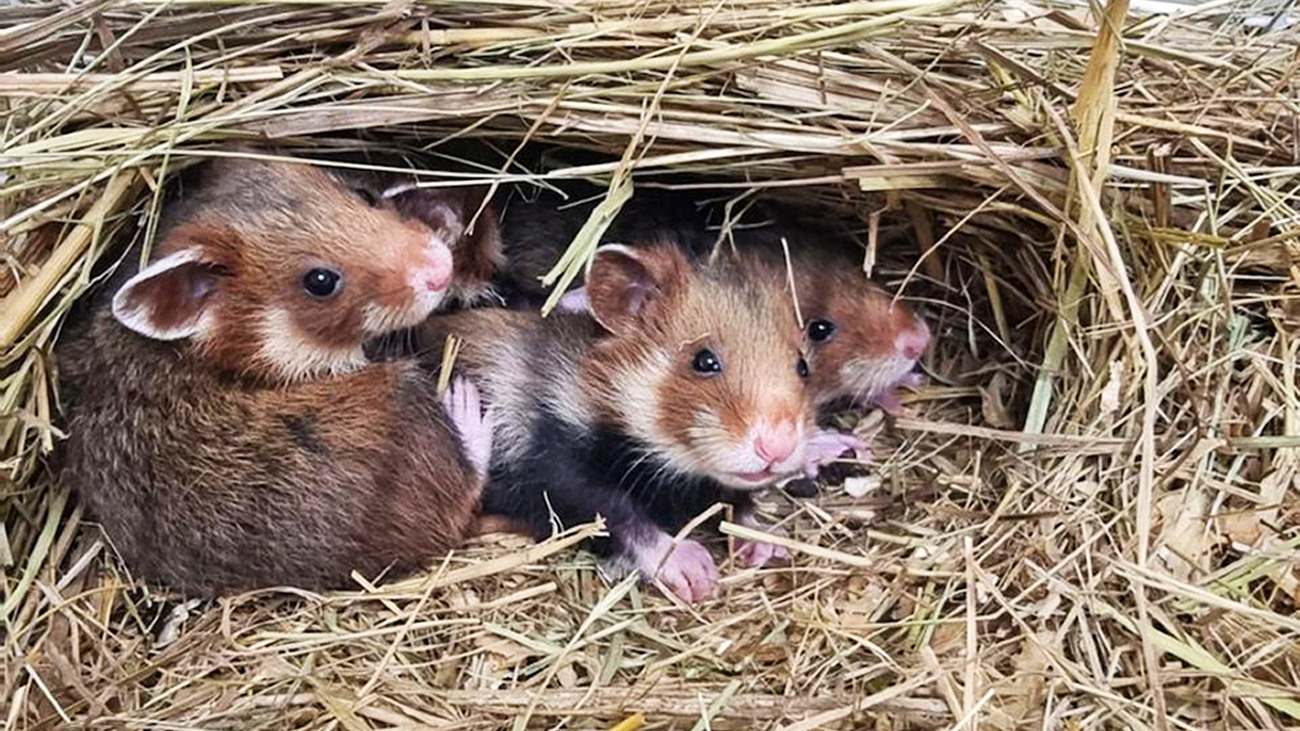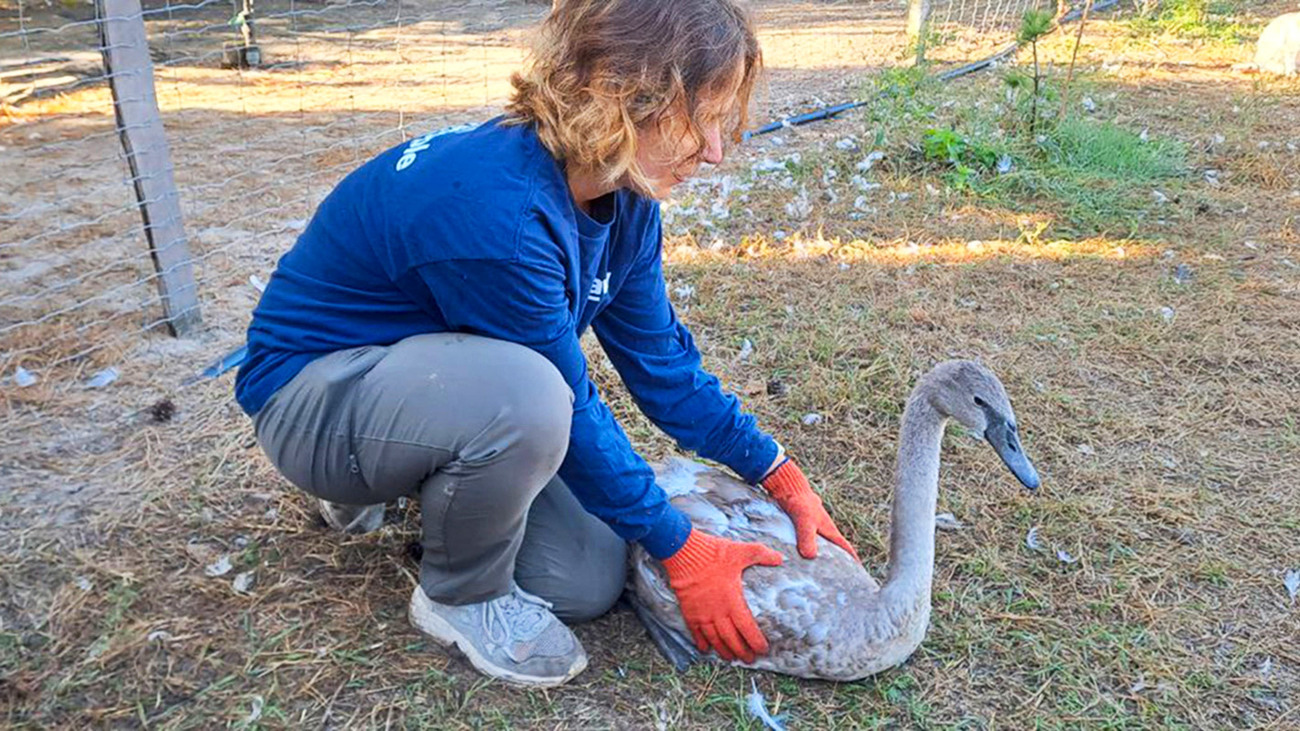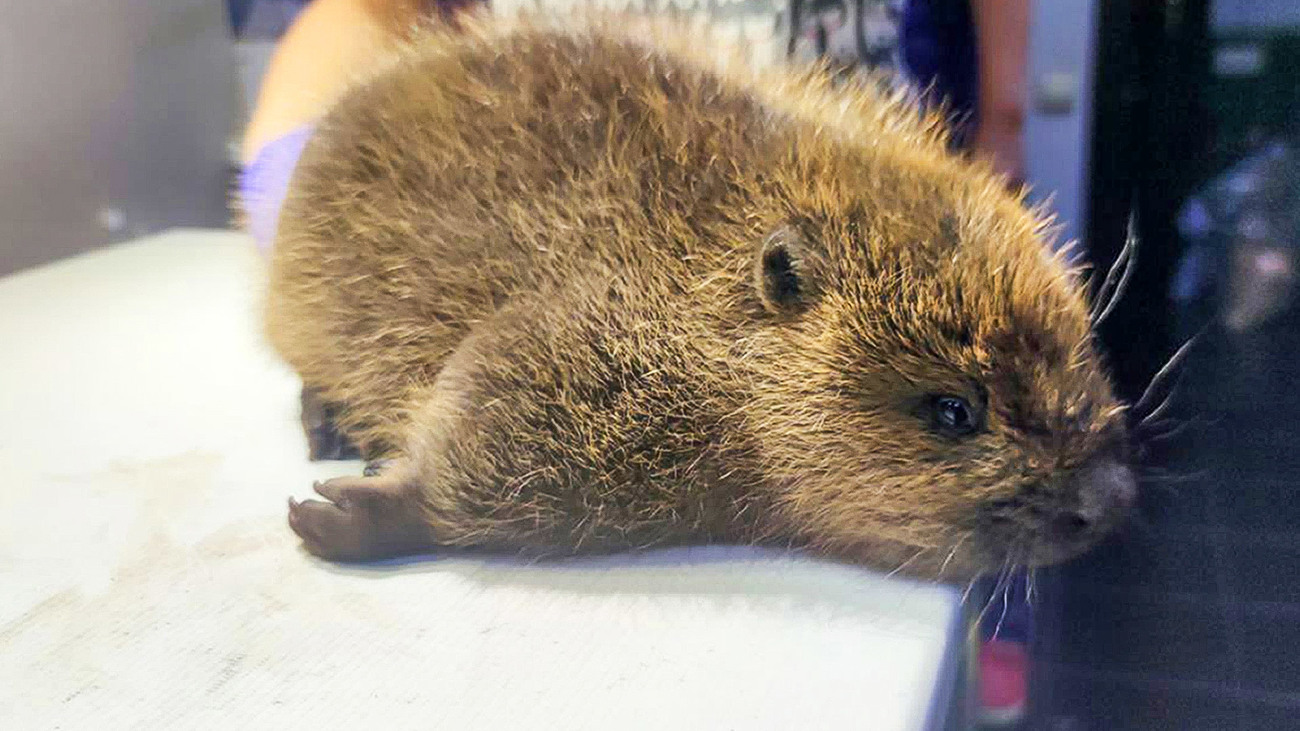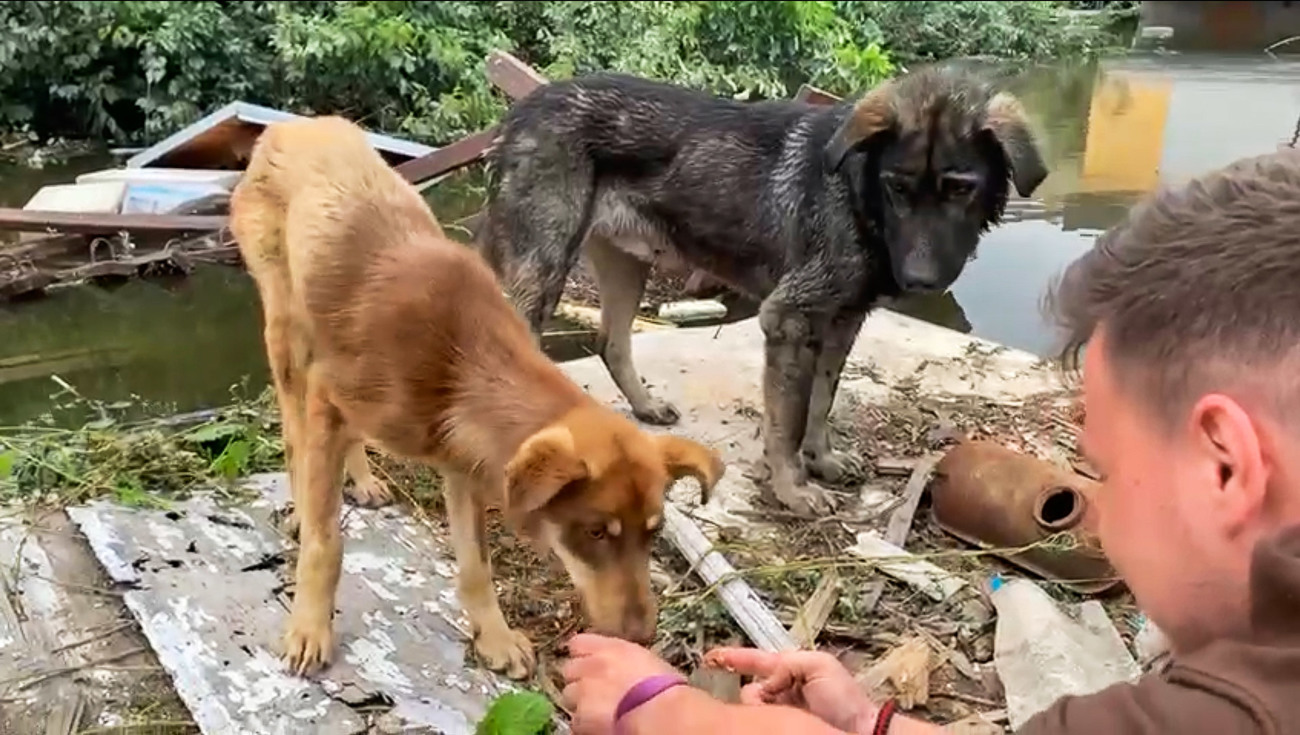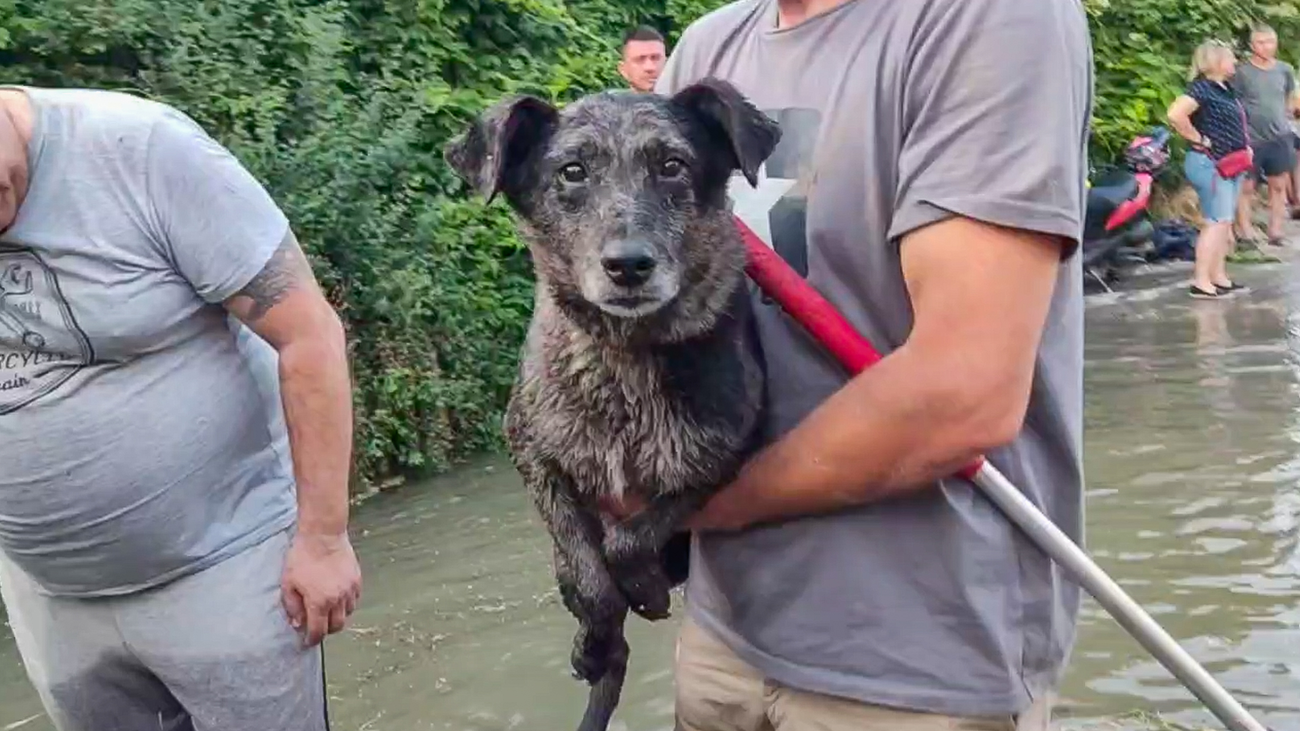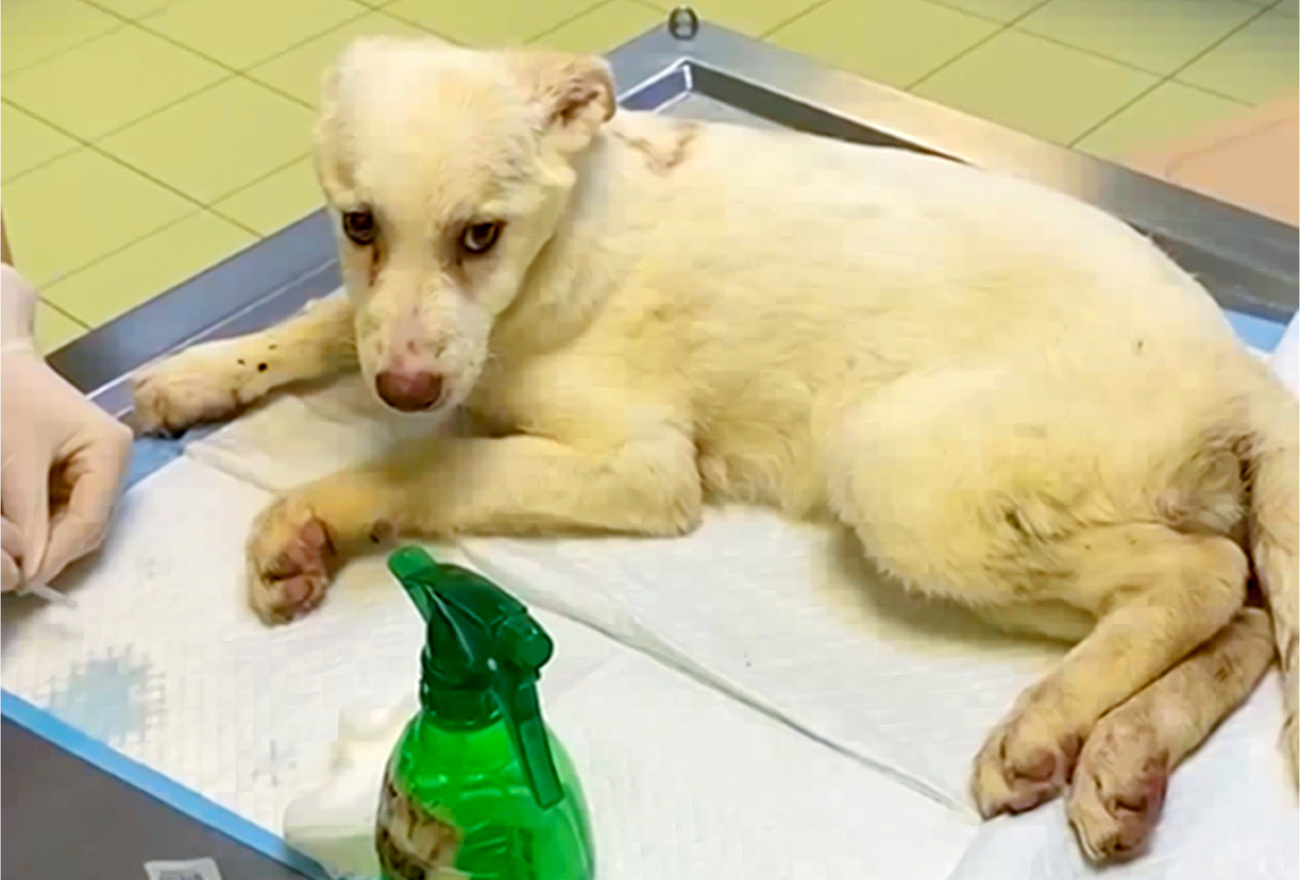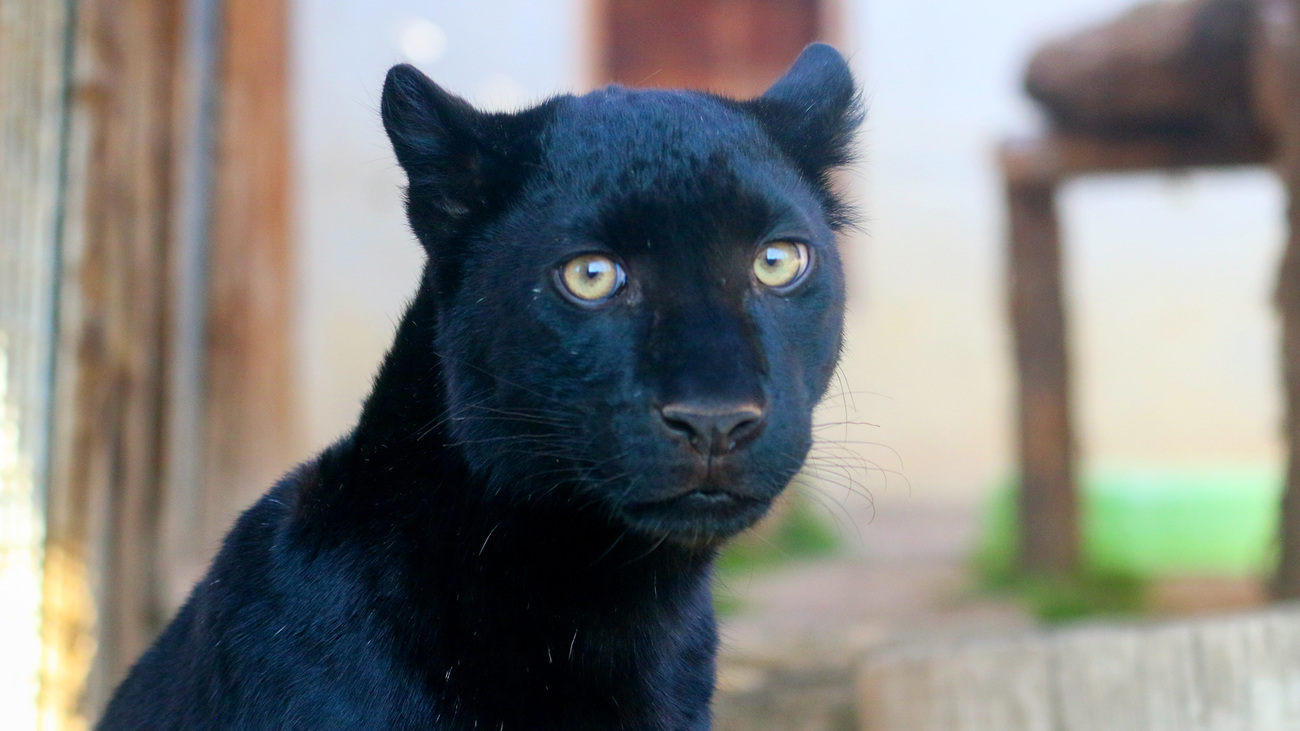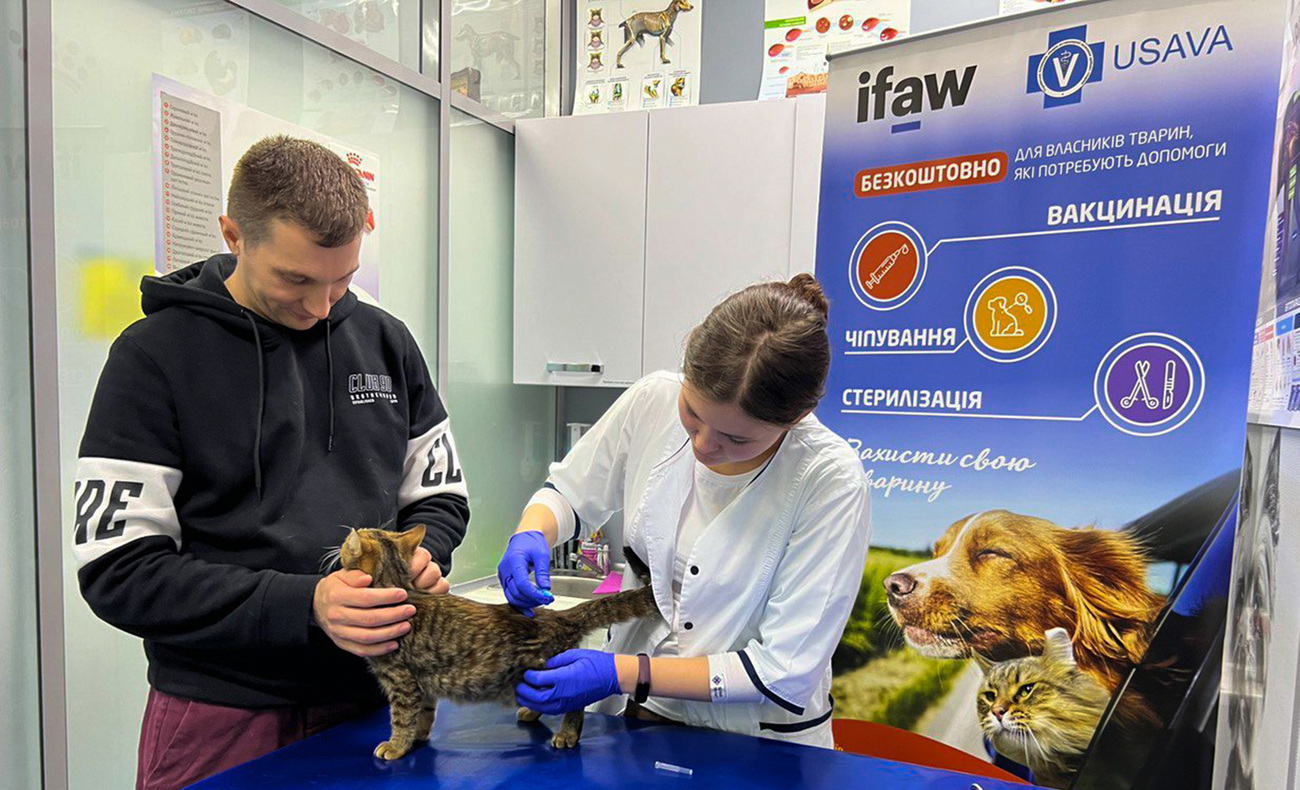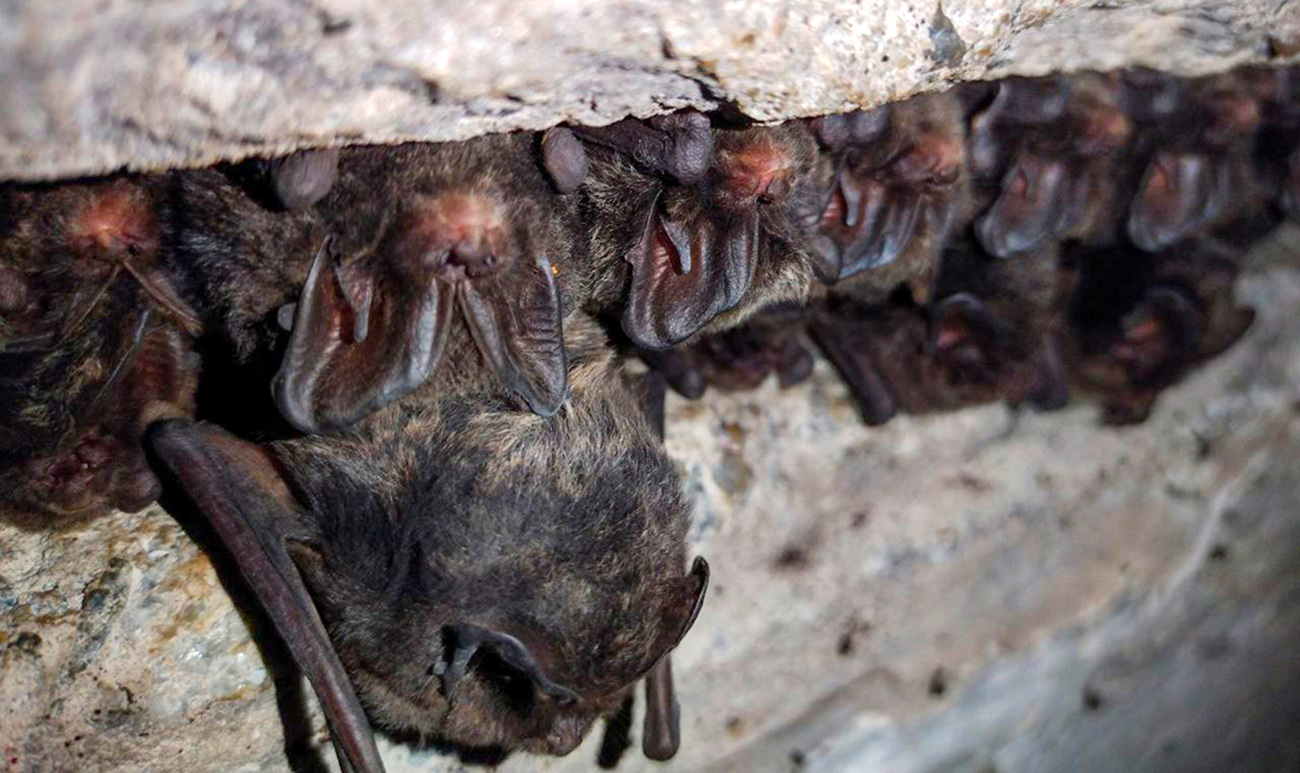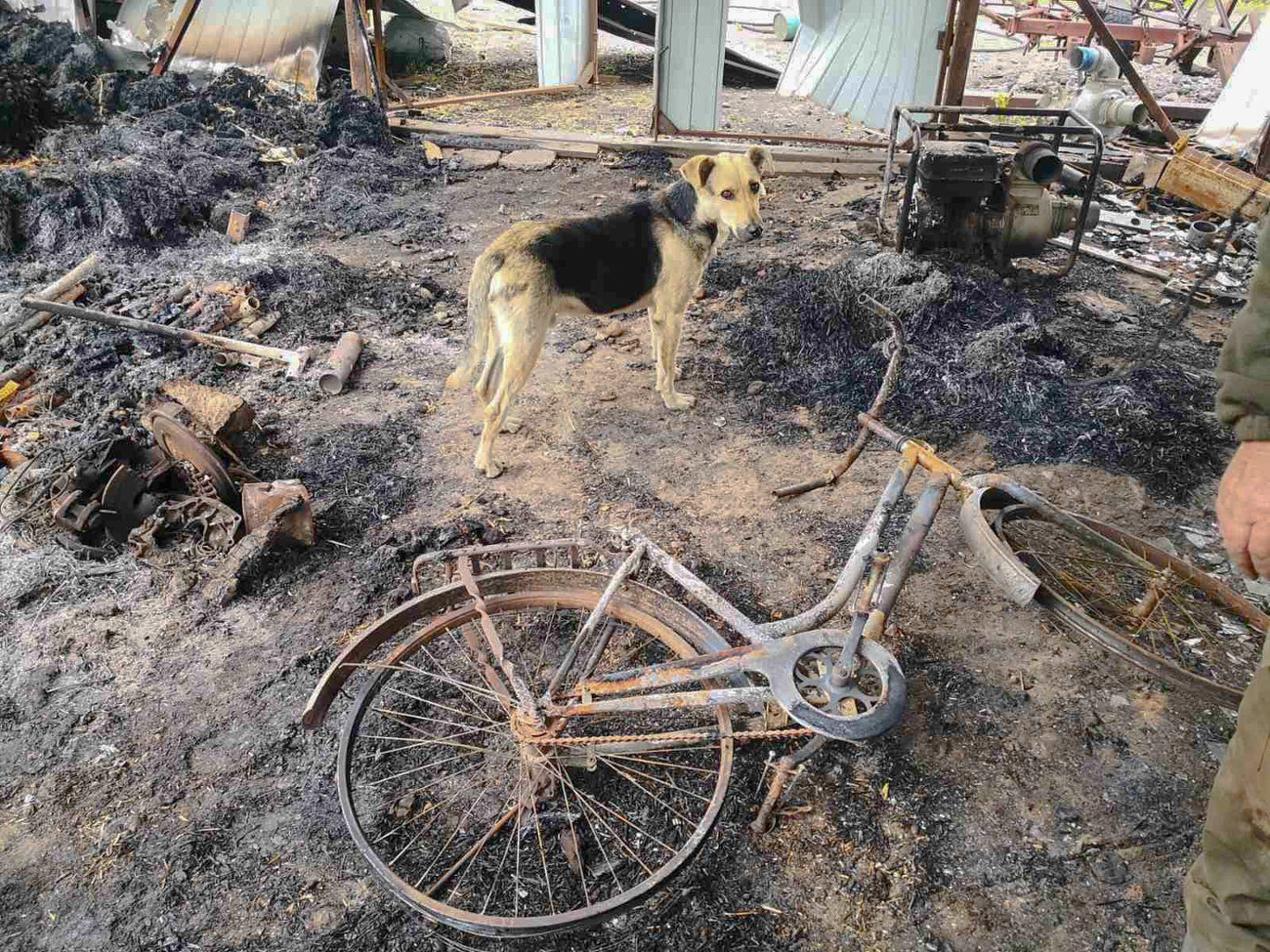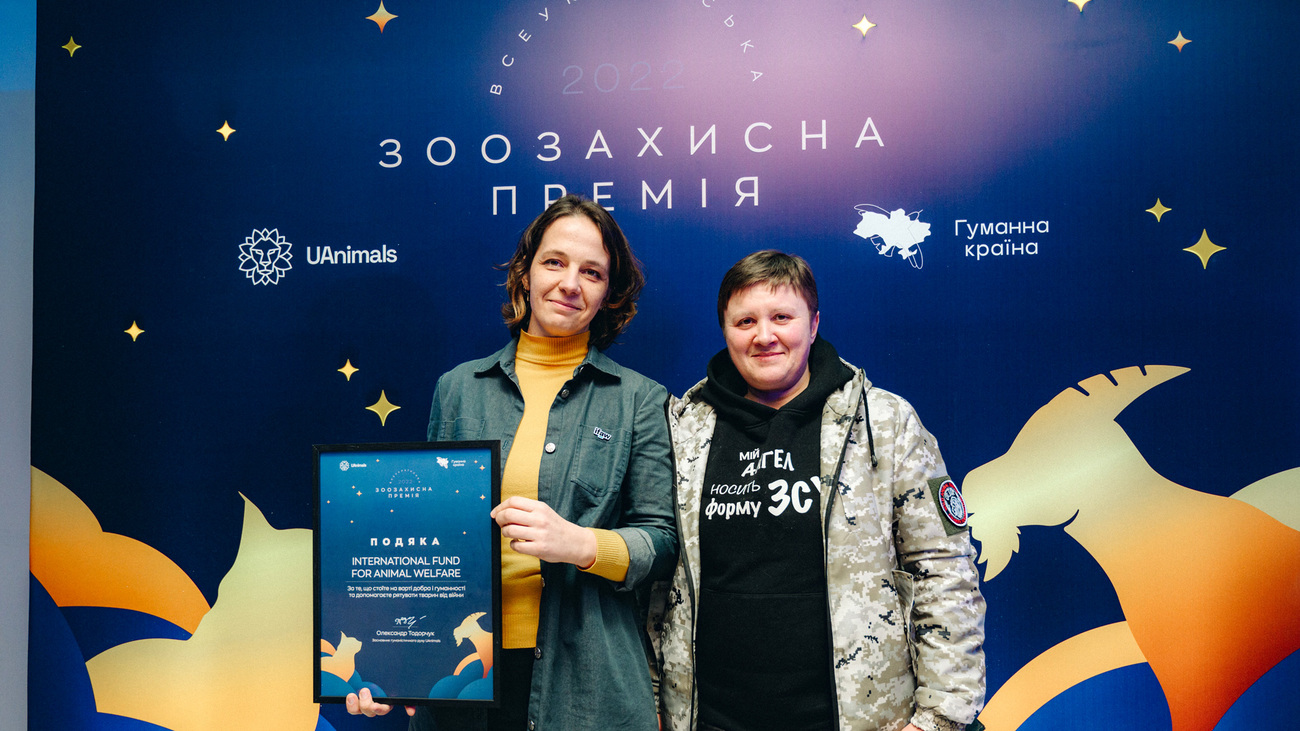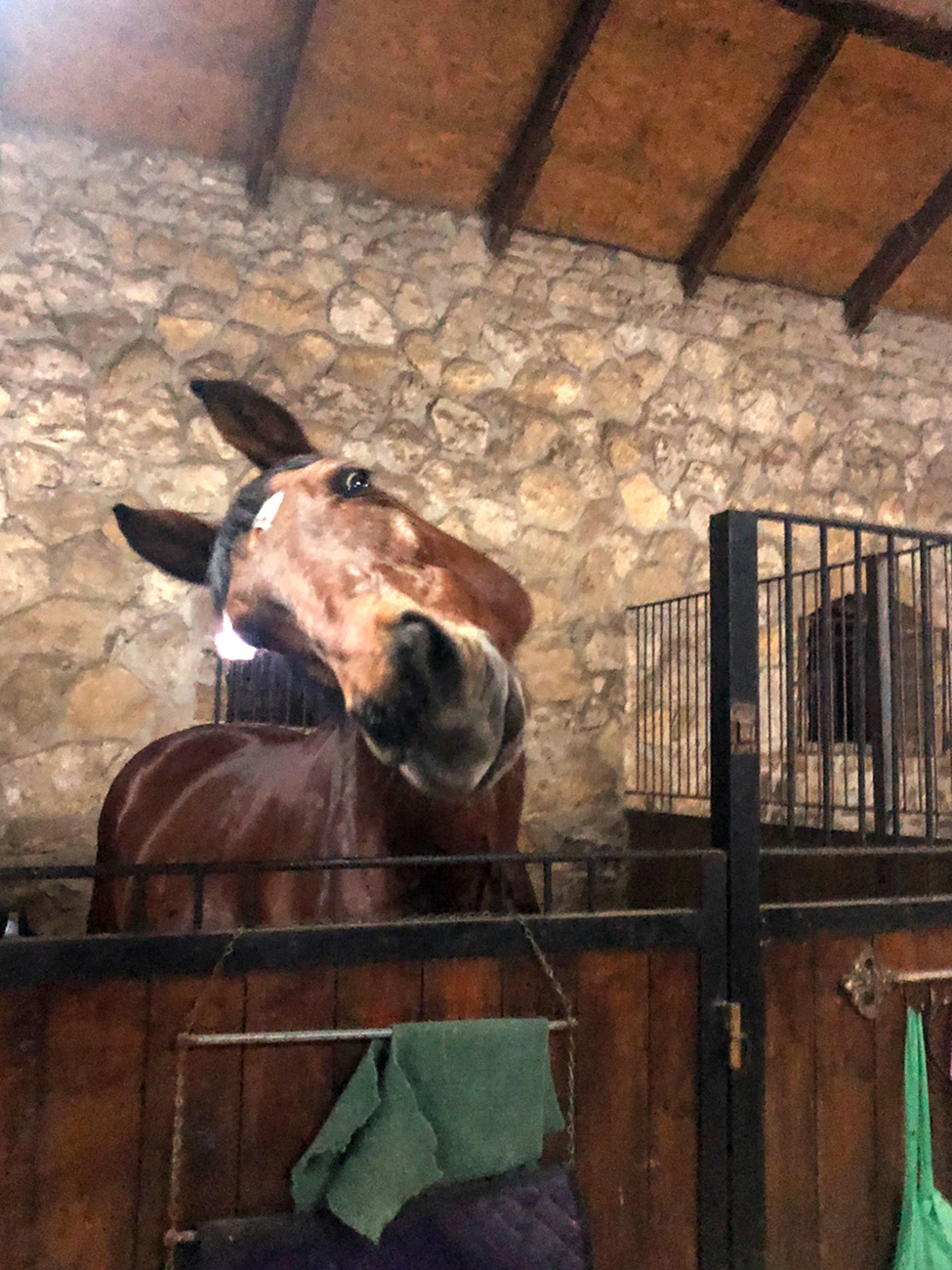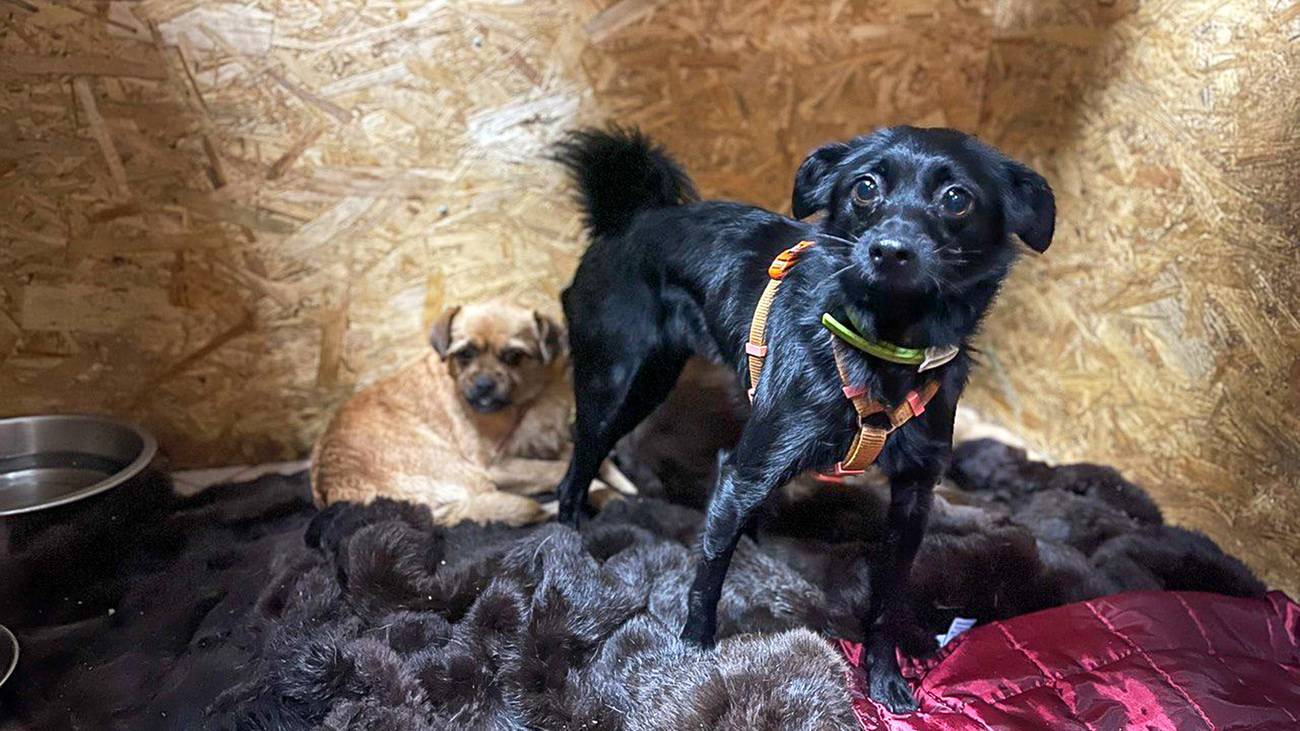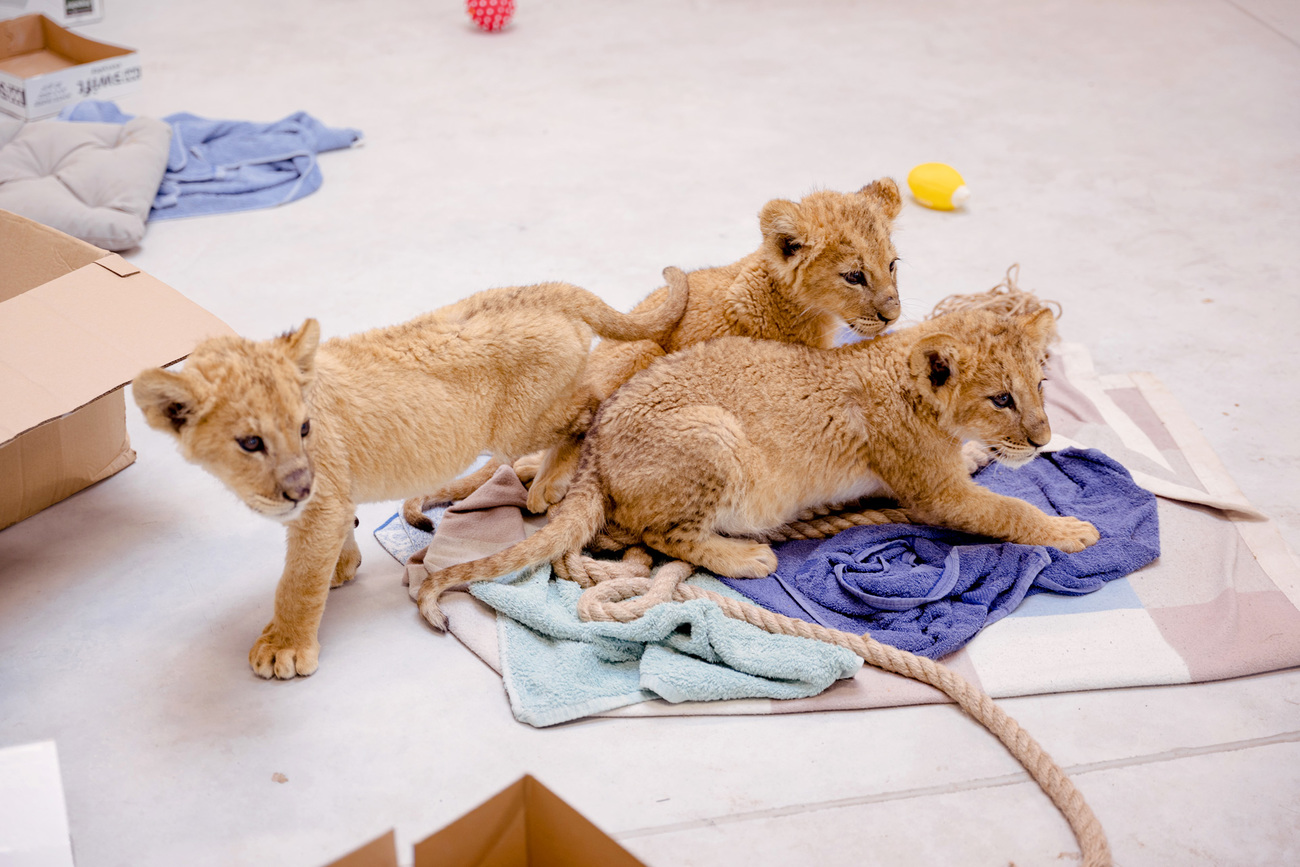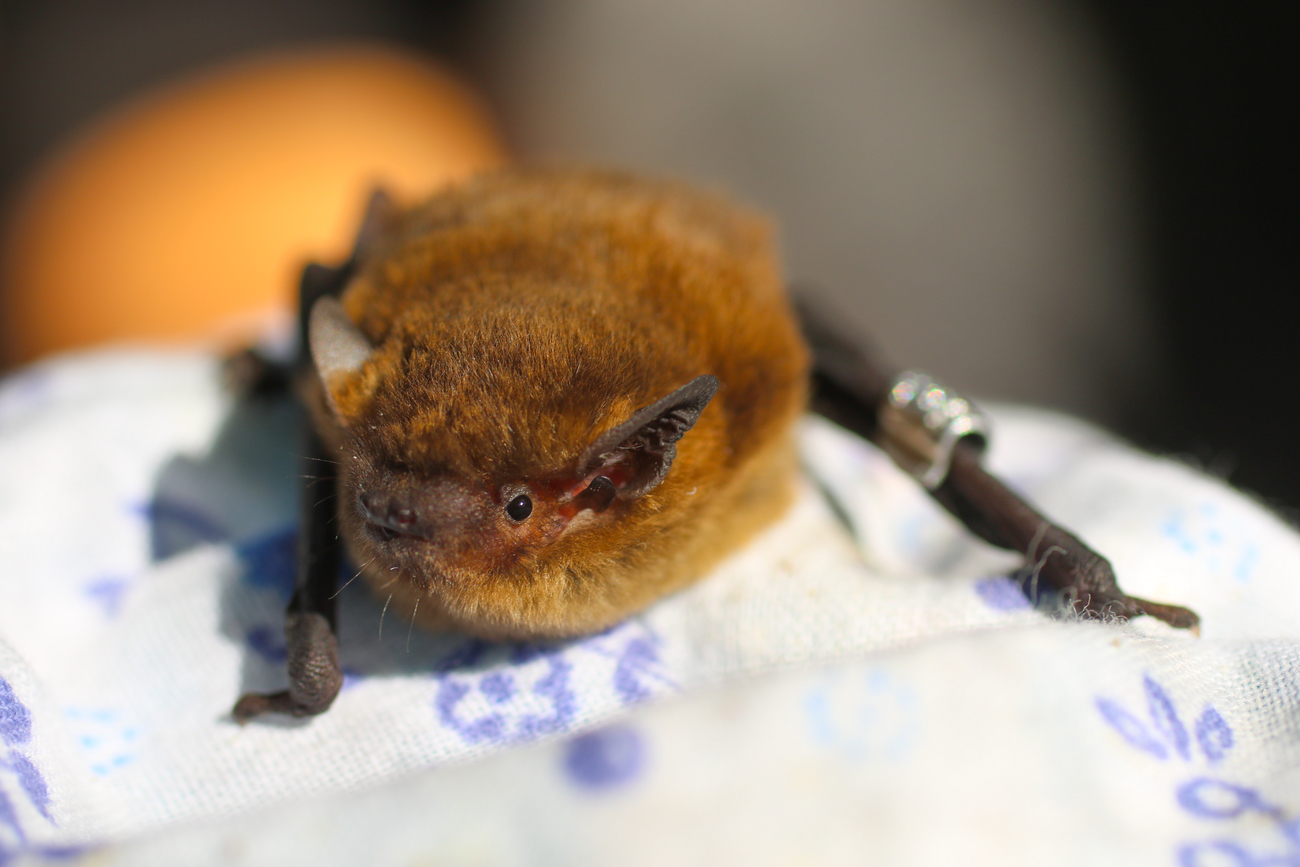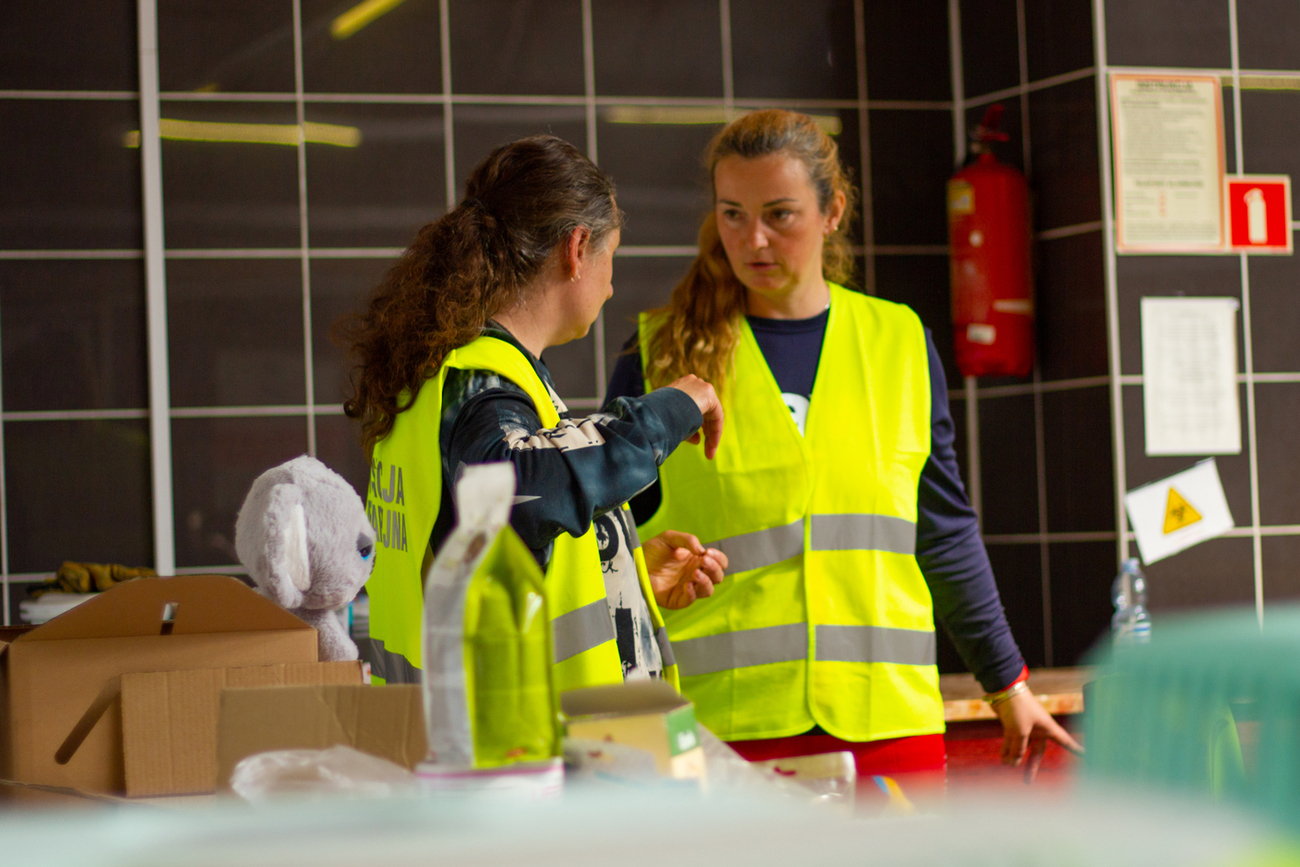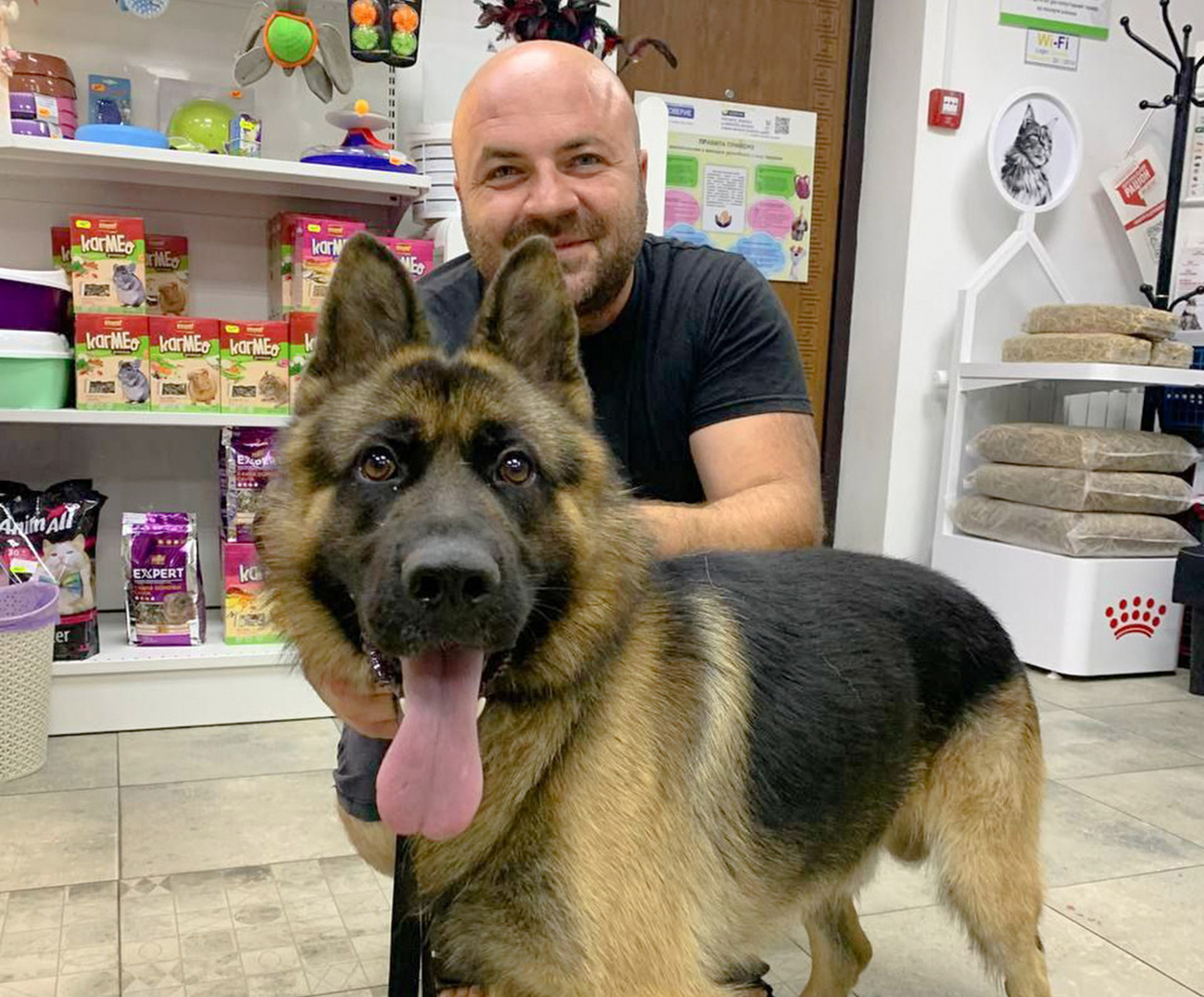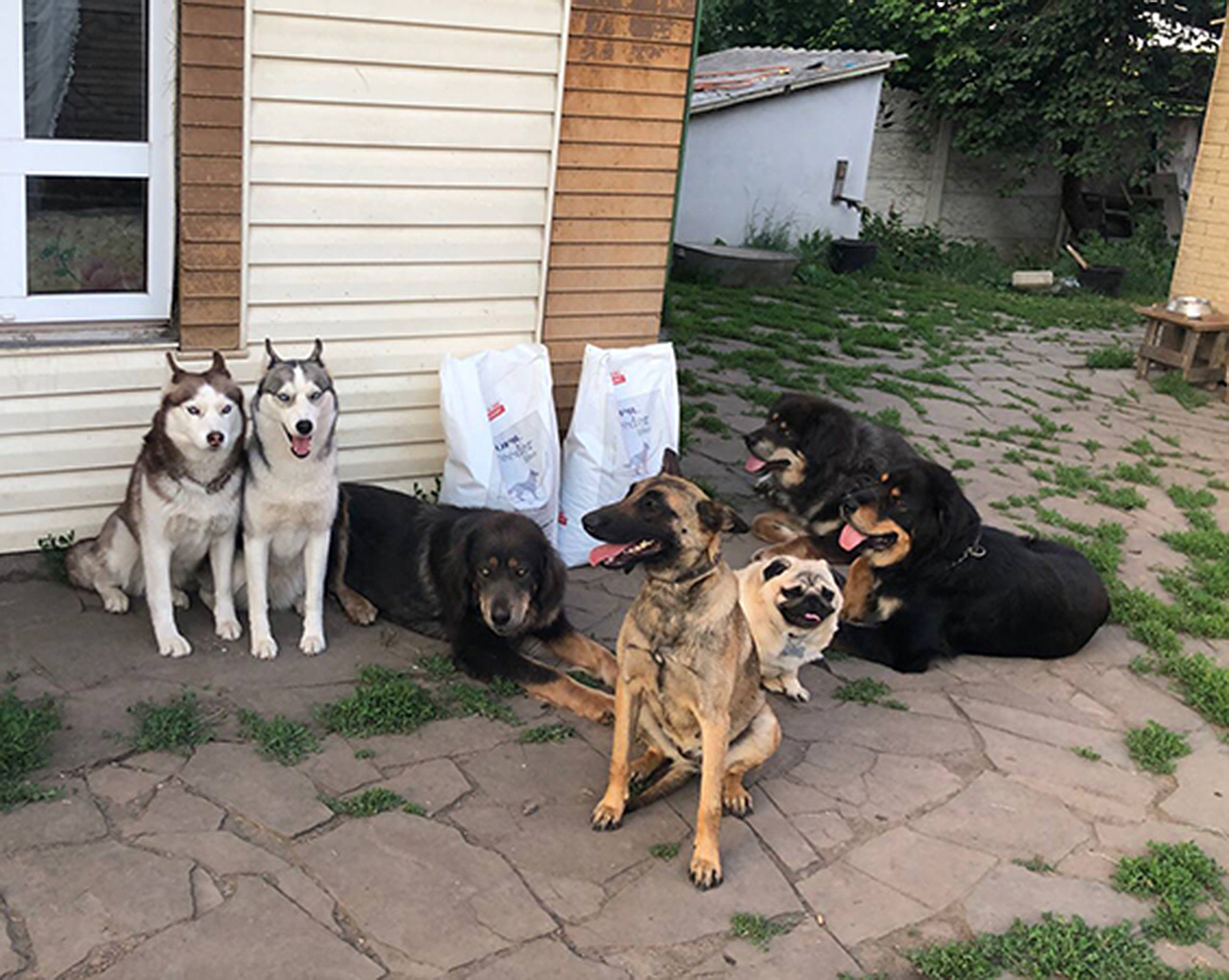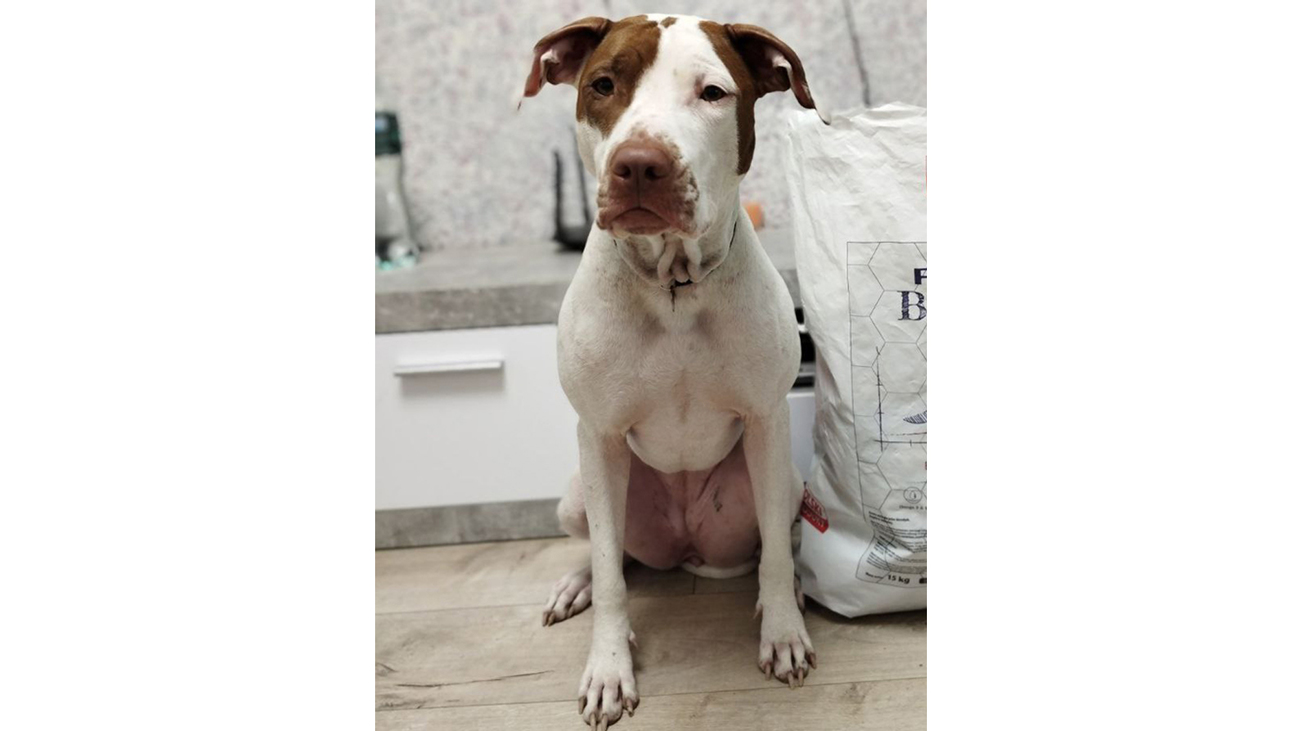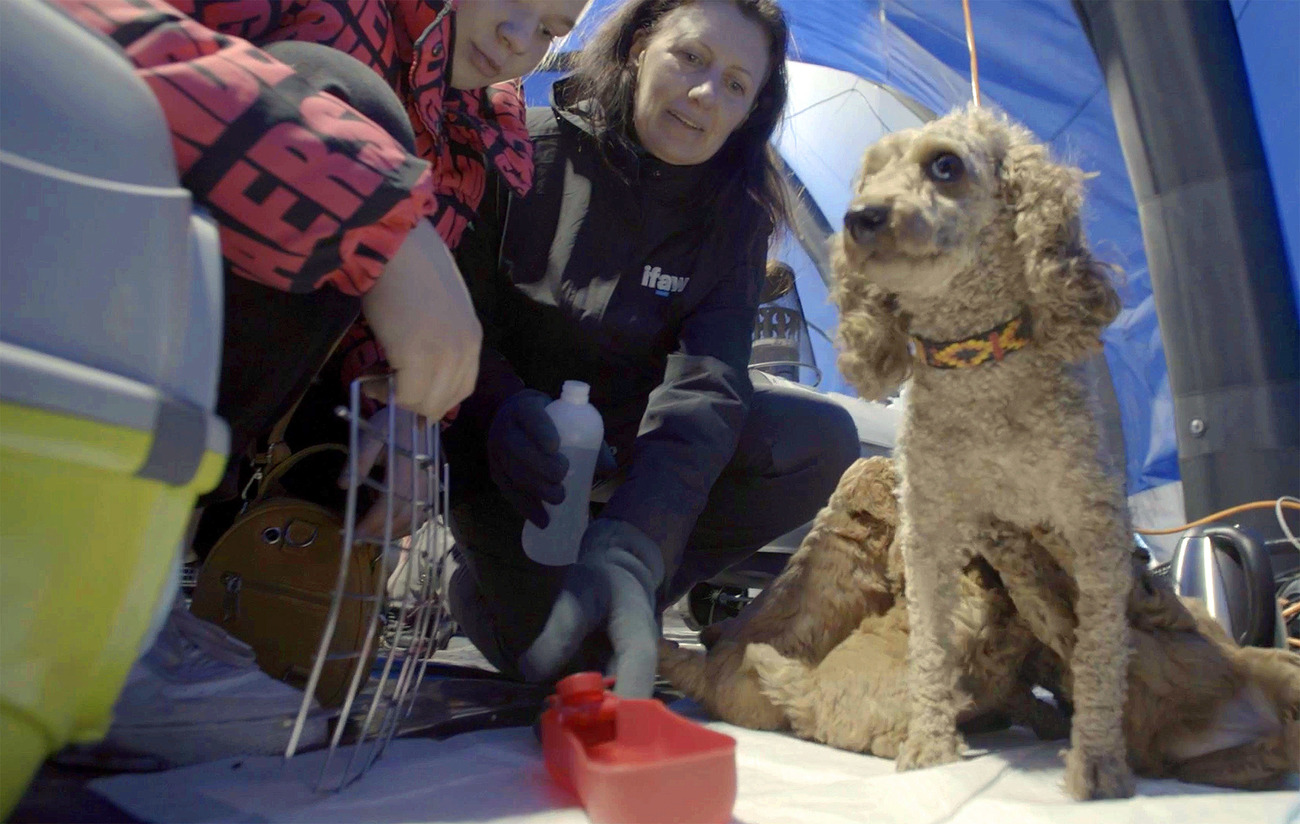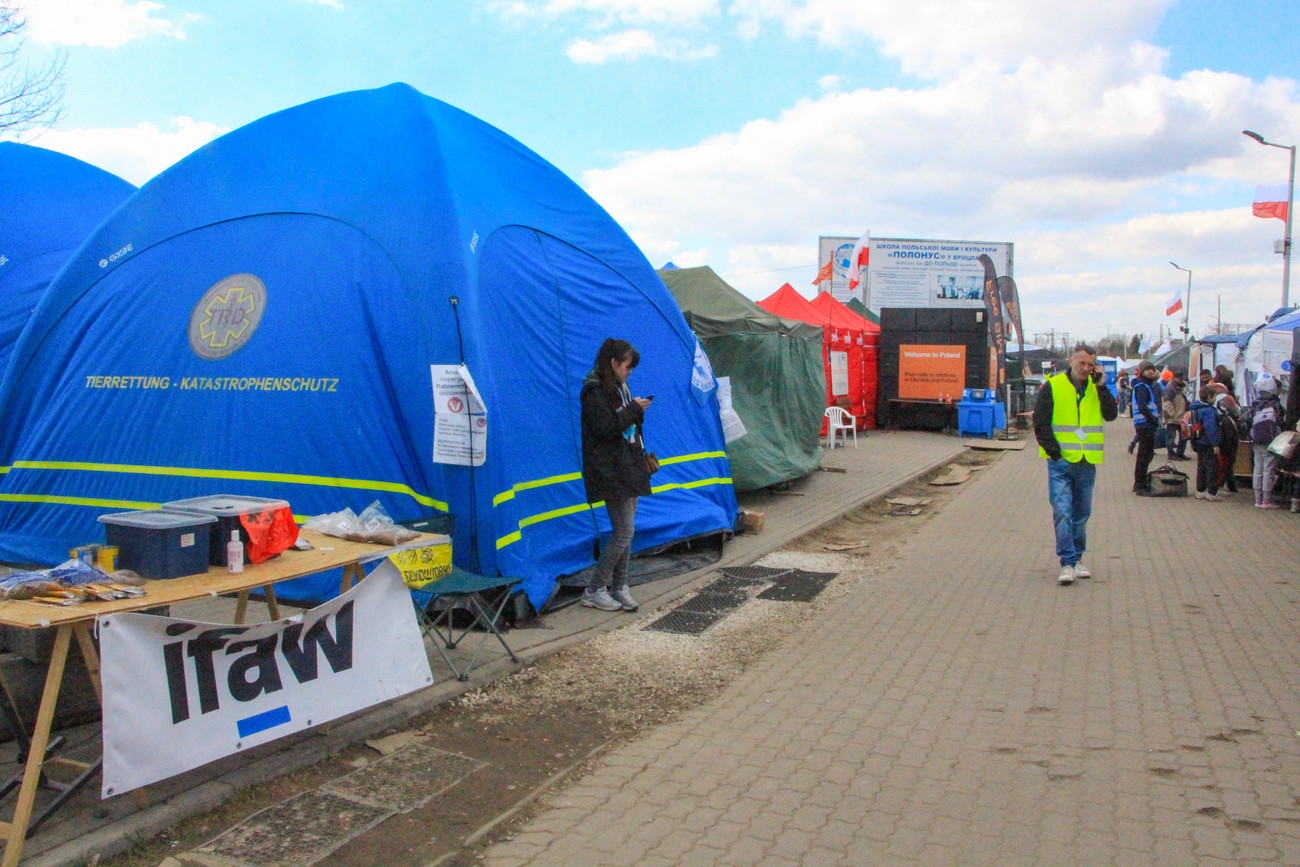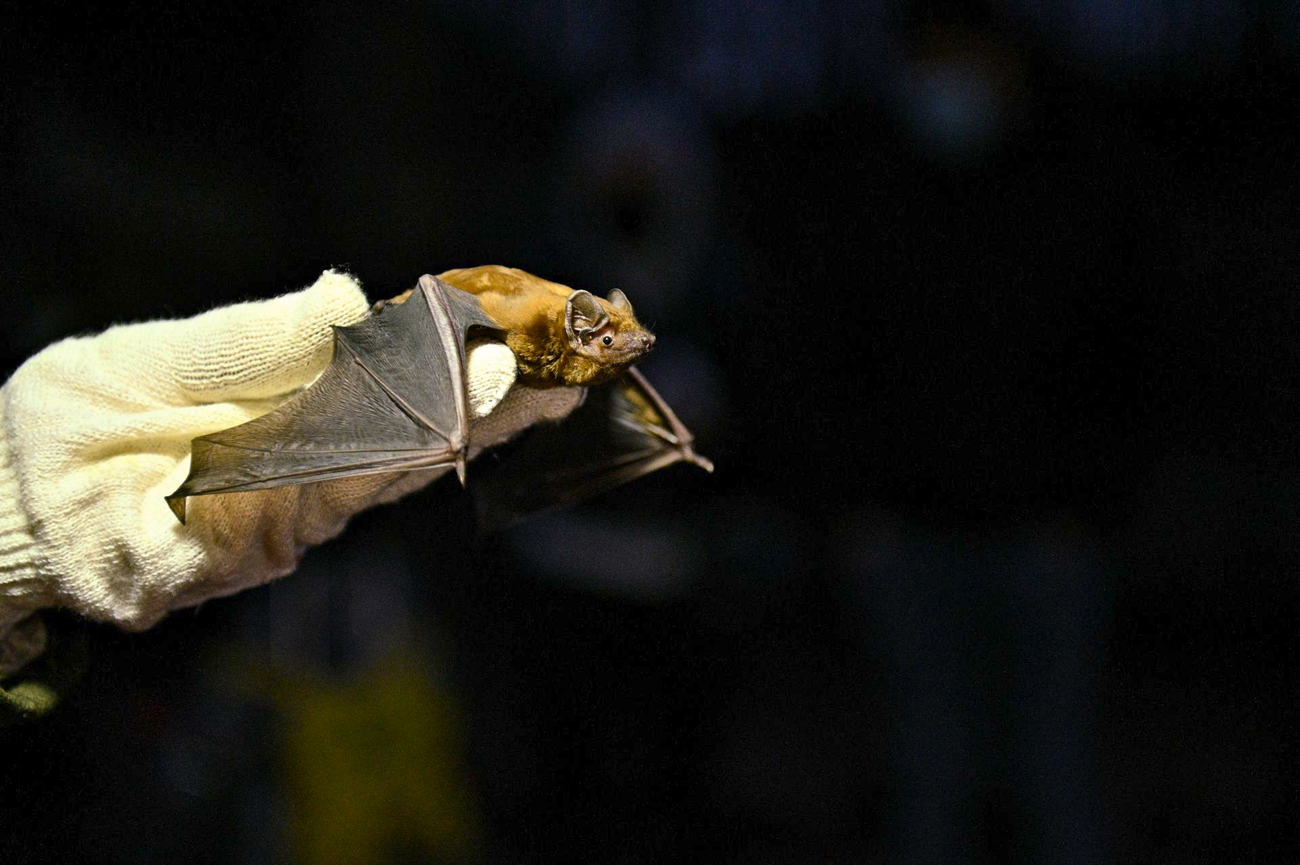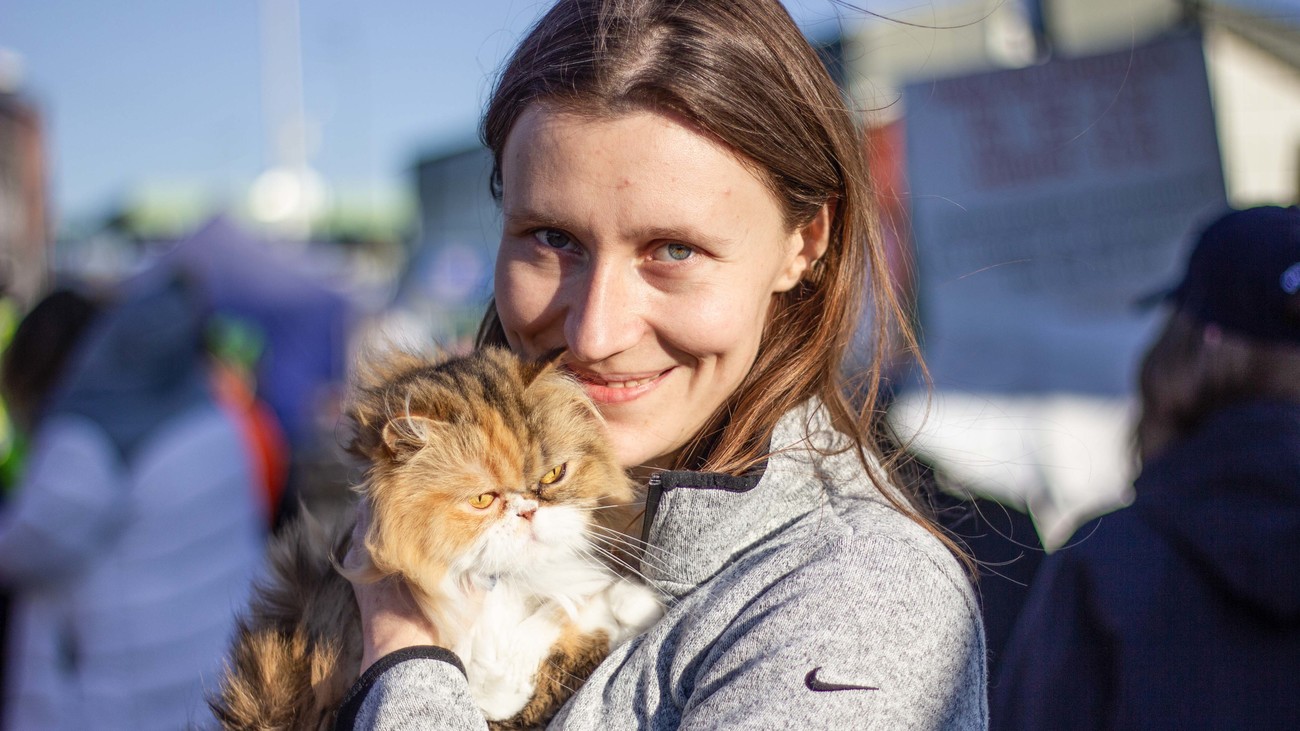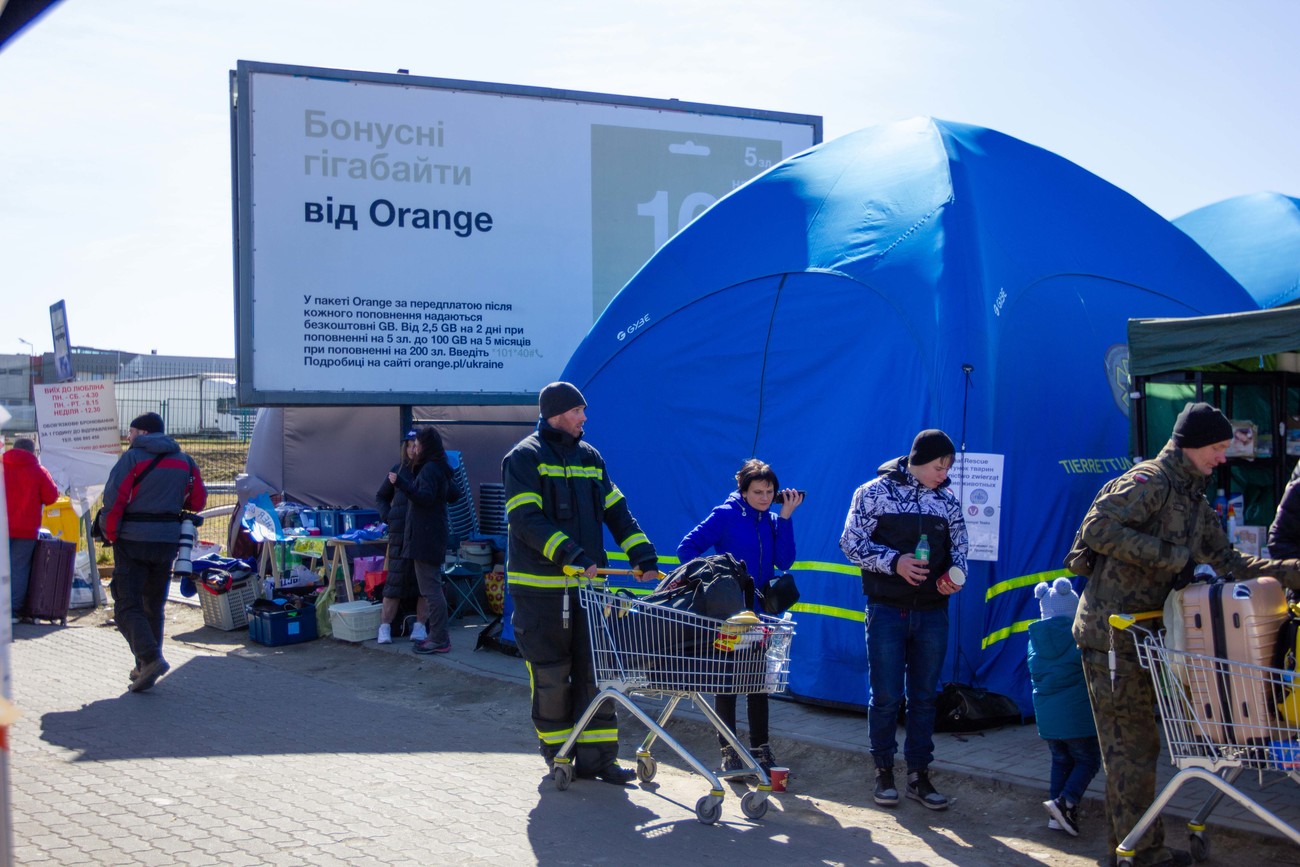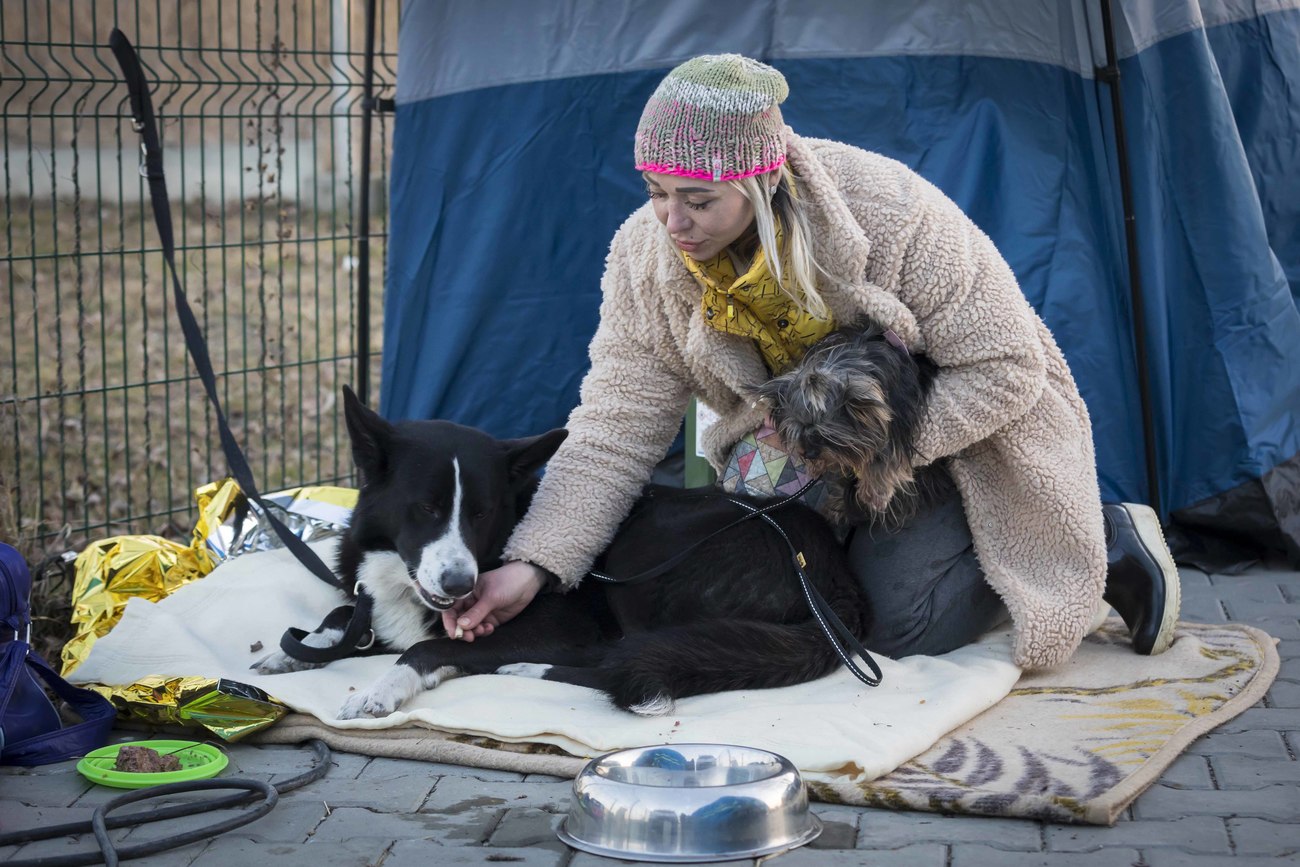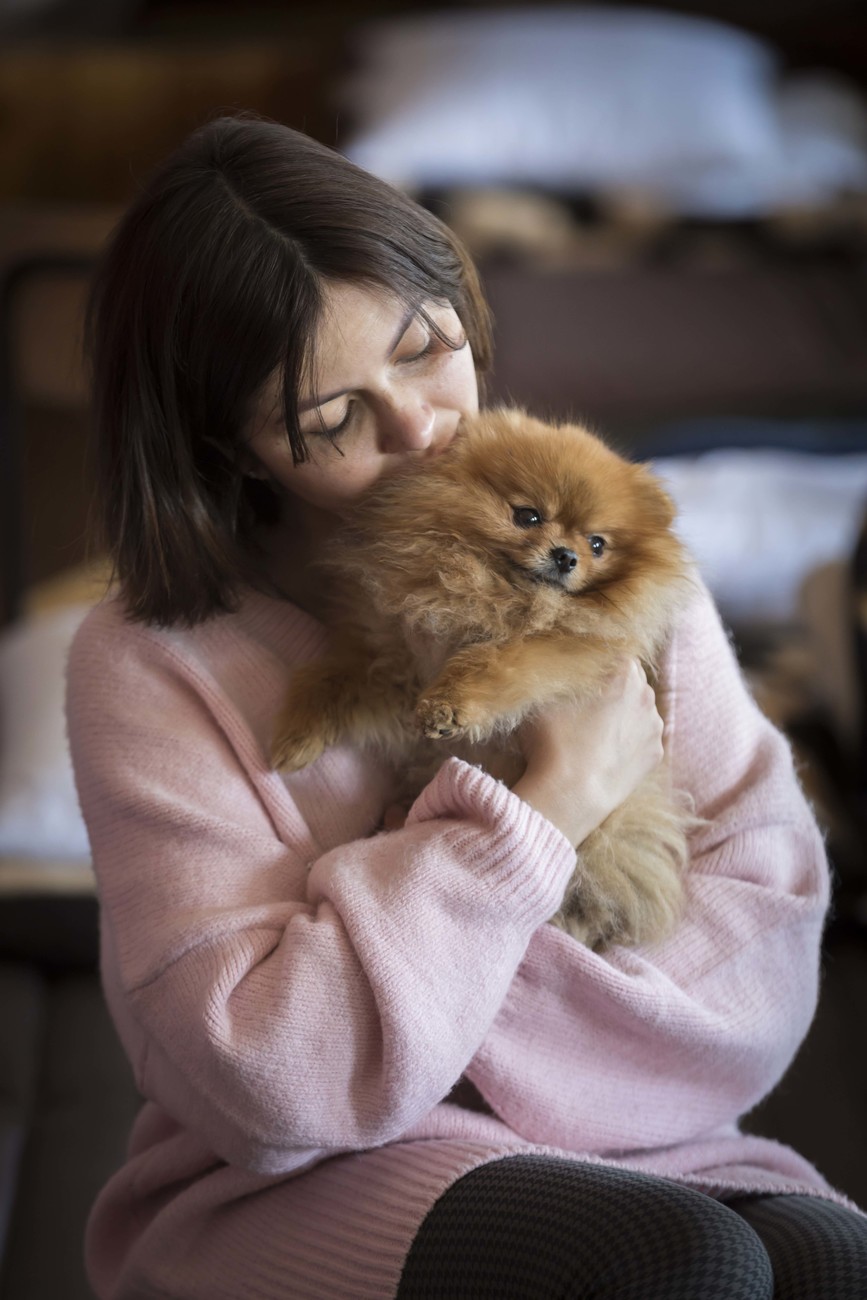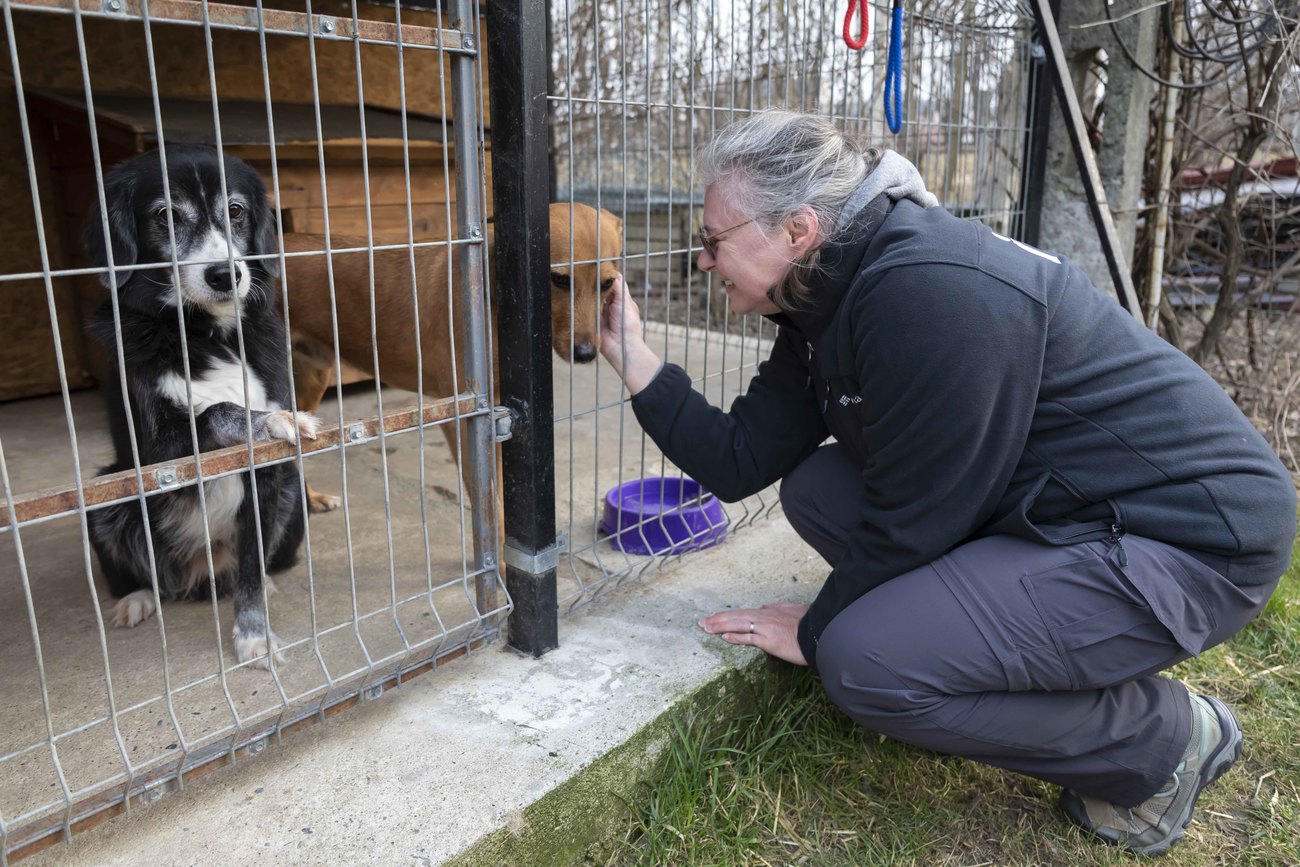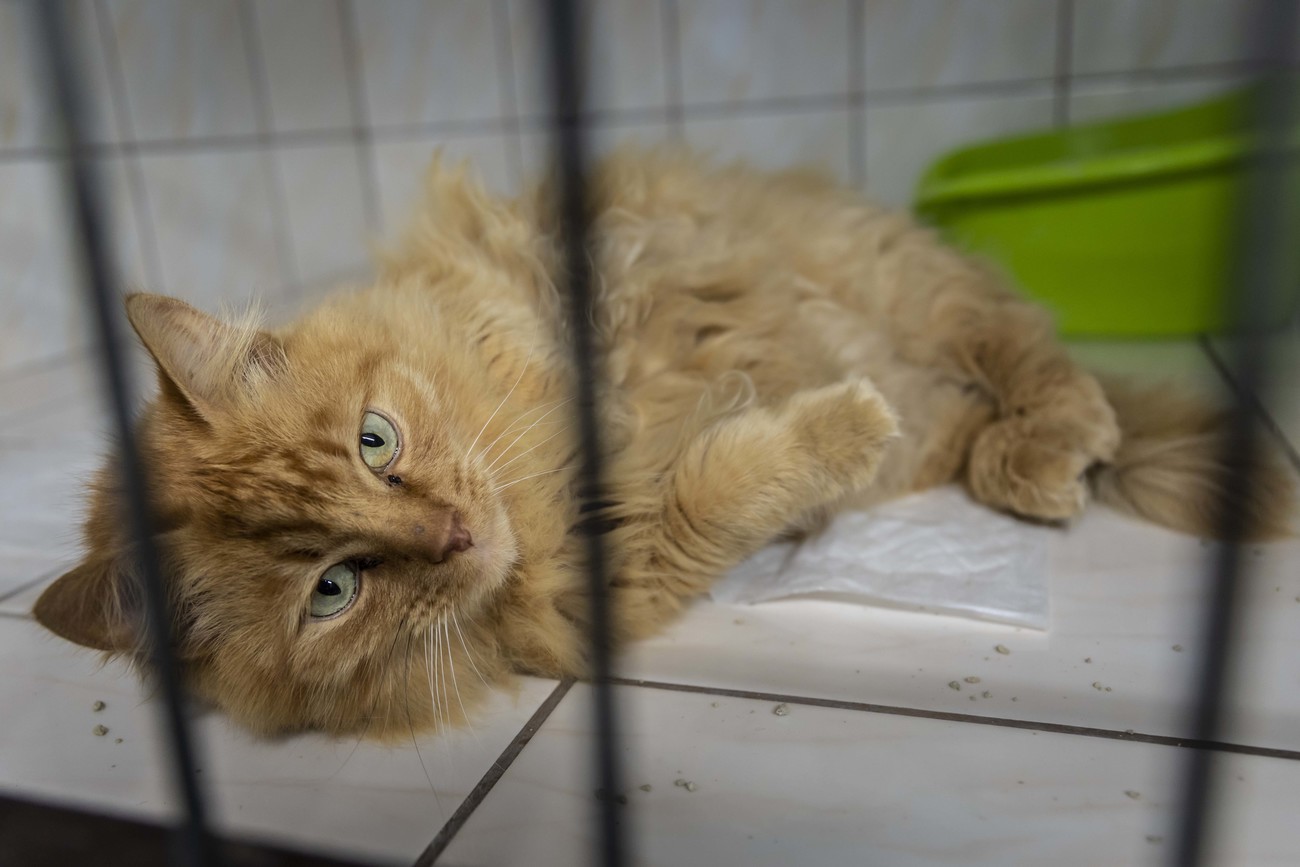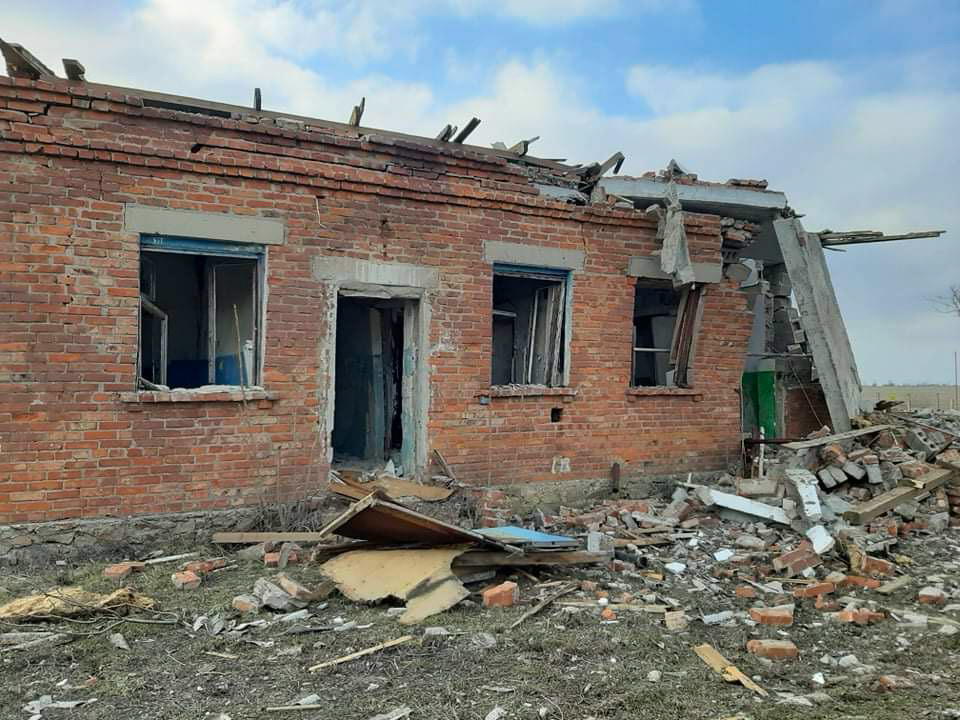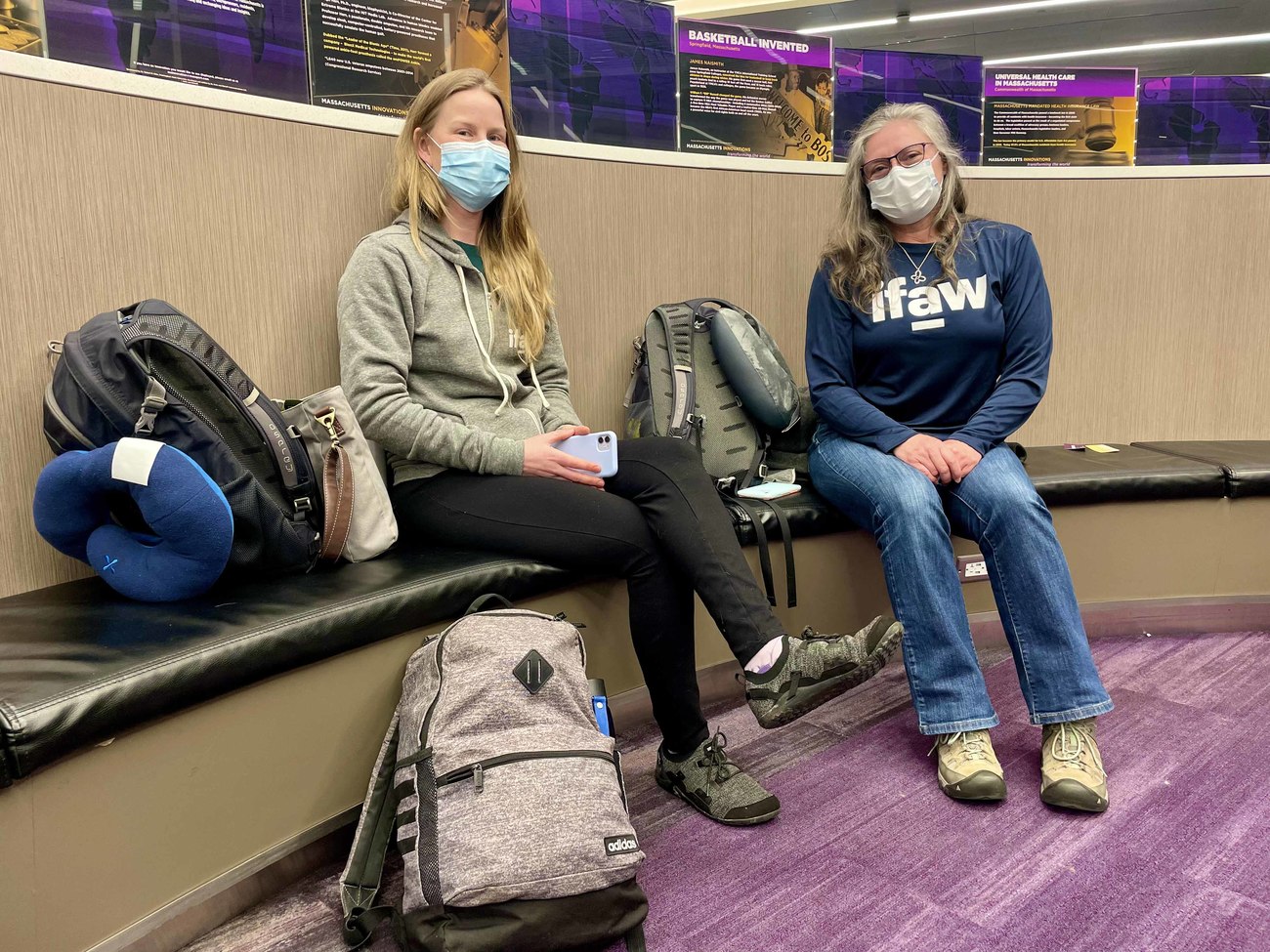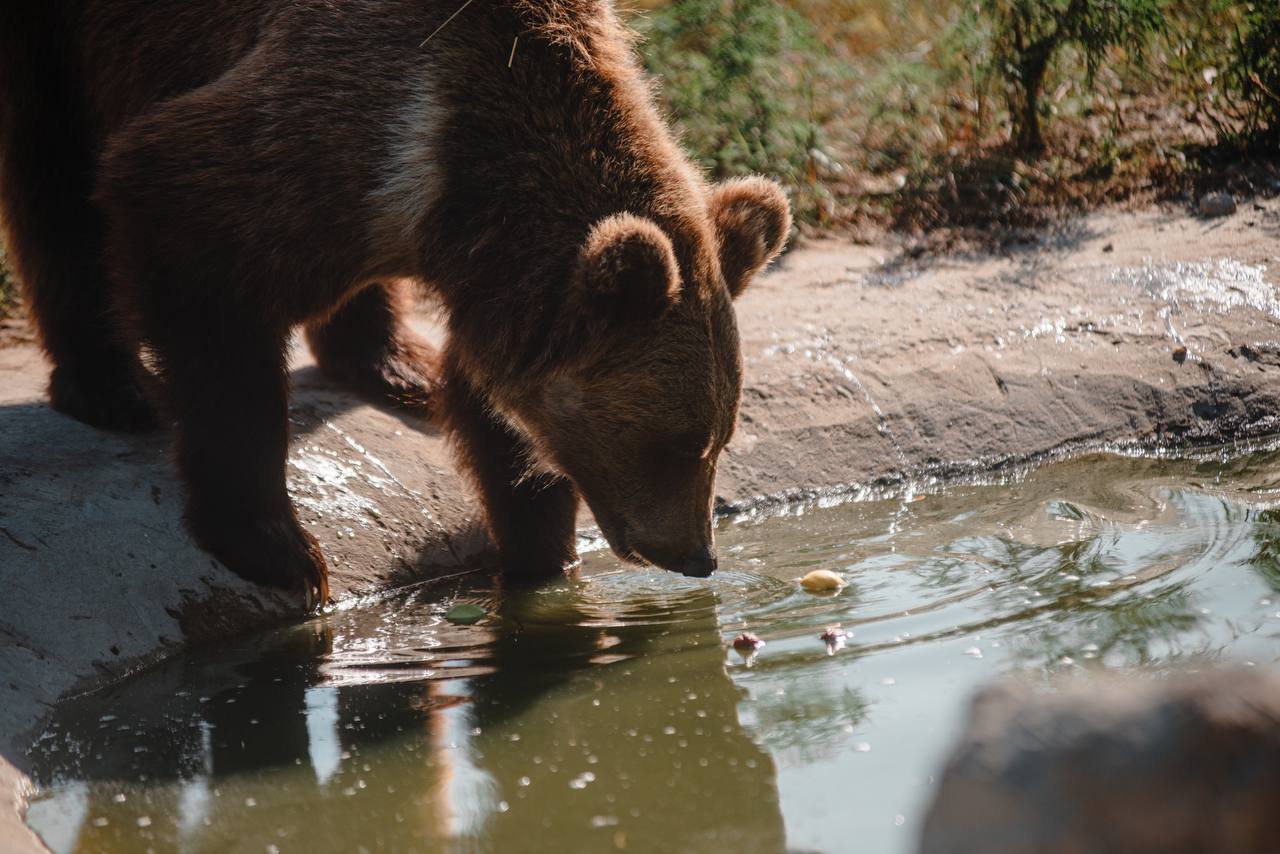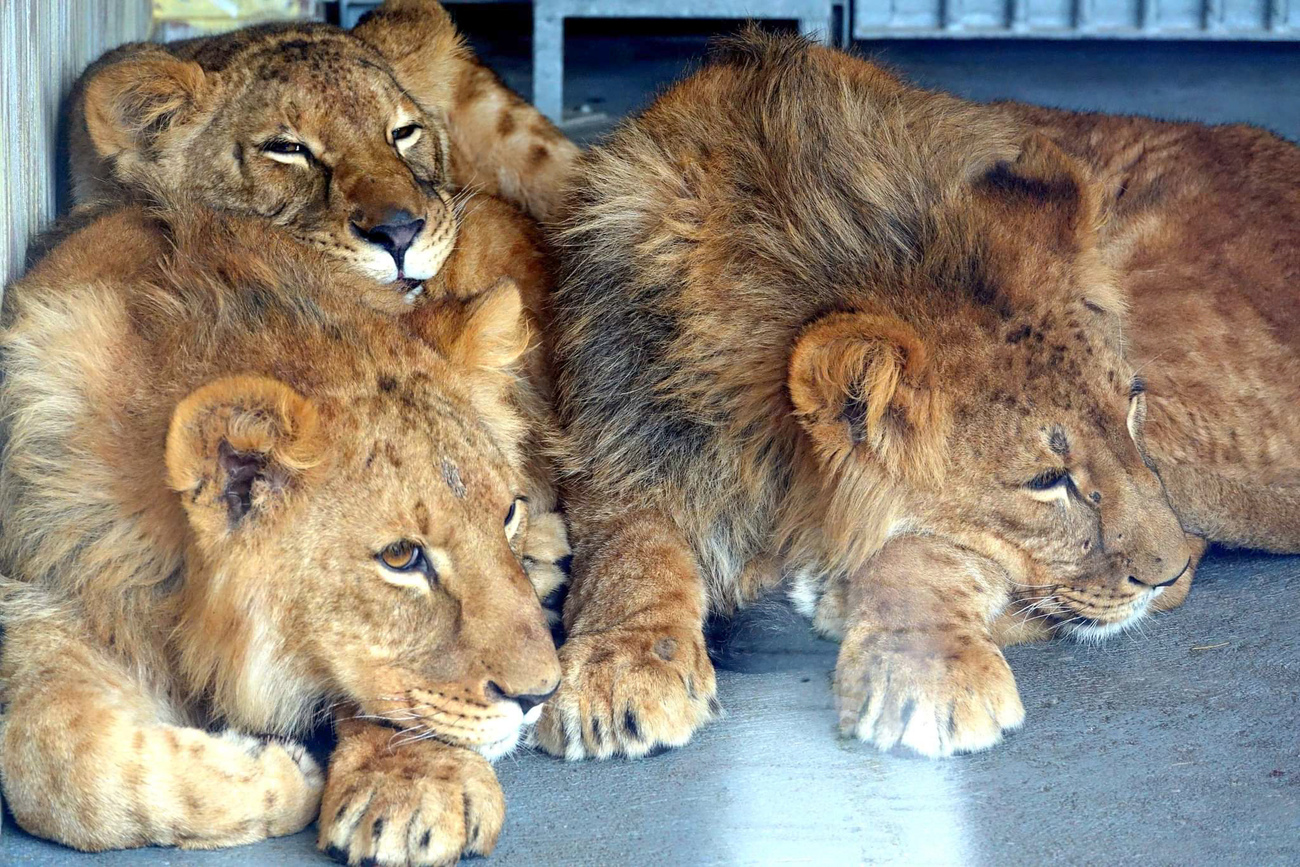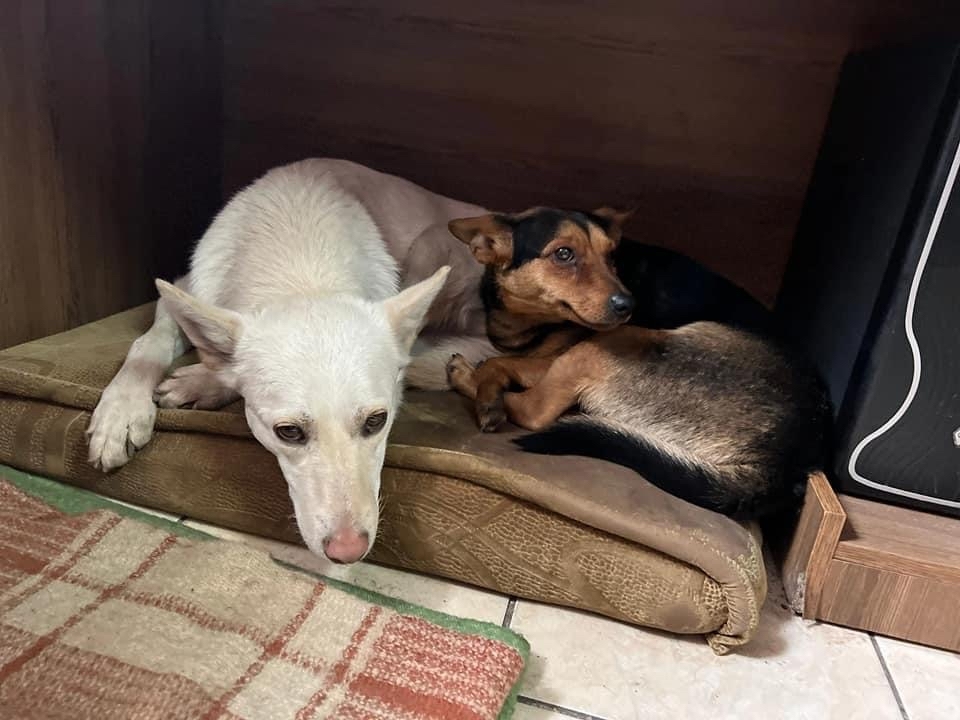How IFAW has helped animals and people during the Ukraine crisis
How IFAW has helped animals and people during the Ukraine crisis
Your support has helped almost 192,000 animals in need
September 24, 2024
Our work in Ukraine was developed initially and largely in response to an immediate crisis. As the full-scale invasion developed, IFAW set out a comprehensive, multi-year response and resilience plan – simply because it was the right thing to do. In June 2024, we had been active in Ukraine for almost 2.5 years. We are proud of the long-standing partnerships we have made with local organisations in Ukraine and of the work we have achieved together – helping almost 192,000 animals in need.
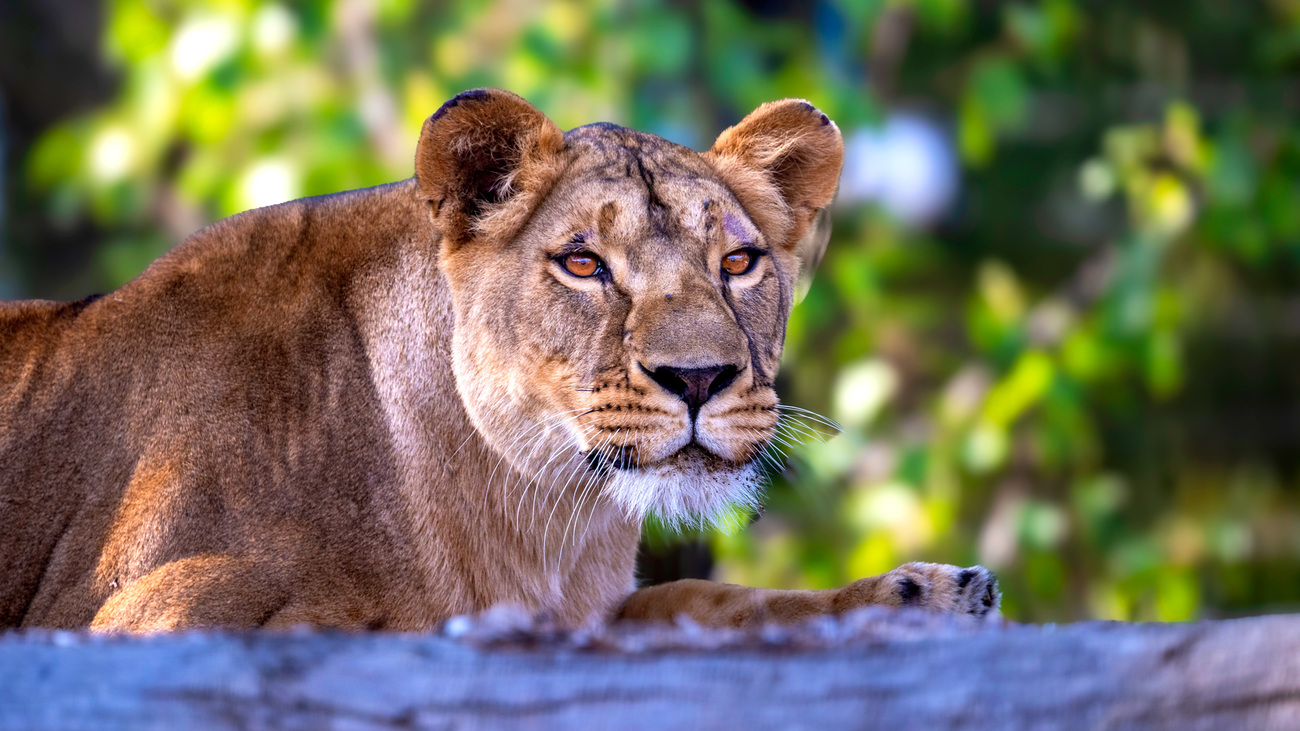
Between February 2022 and June 2024, our key activities were shaped along two main initiatives:
- Feed, Treat, Heat & Reunite: We provided support to local animal shelters and other organisations to purchase and distribute food and pet supplies, and to treat companion animals with veterinary care. During winter periods, we expanded our efforts to ensure pets could stay warm by providing support to purchase electricity generators, distribute beds and mattresses, and to adapt appropriate (thermal/insulated) sheltering. Together with our local partners we also worked to reunite pets with their families that were separated due to the impact of the war.
- Rescue, Rehab, Rehome & Release: IFAW focused on working with local organisations to help rescue and evacuate captive wildlife from zoos, sanctuaries, breeding facilities, private ownership and other facilities affected by war. We also supported local brigades rescuing and providing relief to native species of wild animals and releasing them back into safe habitats. Moreover, we trained wildlife caretakers and veterinarians in best practices on animal welfare and handling, and supported them in developing a network of regional centres for the rescue and rehabilitation of wild animals.
Between July and September 2024, IFAW's activities in Ukraine focused mostly on working with a few trusted partners in supporting the evacuation of rescued big cats from Wild Animal Rescue in Kyiv to appropriate sanctuaries in Europe, like The Big Cat Sanctuary in the UK. To read more about the journey of Yuna, Rori, Vanda, Amani & Lira to their new forever homes, please follow along here!
We will continue to monitor the situation on the ground in Ukraine and consider supporting local organisations as needs arise through individual grants. To apply for an emergency grant to help animals threatened by this disaster, local animal aid organisations can send their request to disasterresponse@ifaw.org
Protecting wild hedgehogs, bats, and hamsters amid war
June 12, 2024
Hedgehogs, bats, and hamsters are unlikely to be top of mind when considering the conflict in Ukraine. But helping wild animals like these flourish in their natural habitats and preventing species extinction are crucial ways to support animals in need during a war.
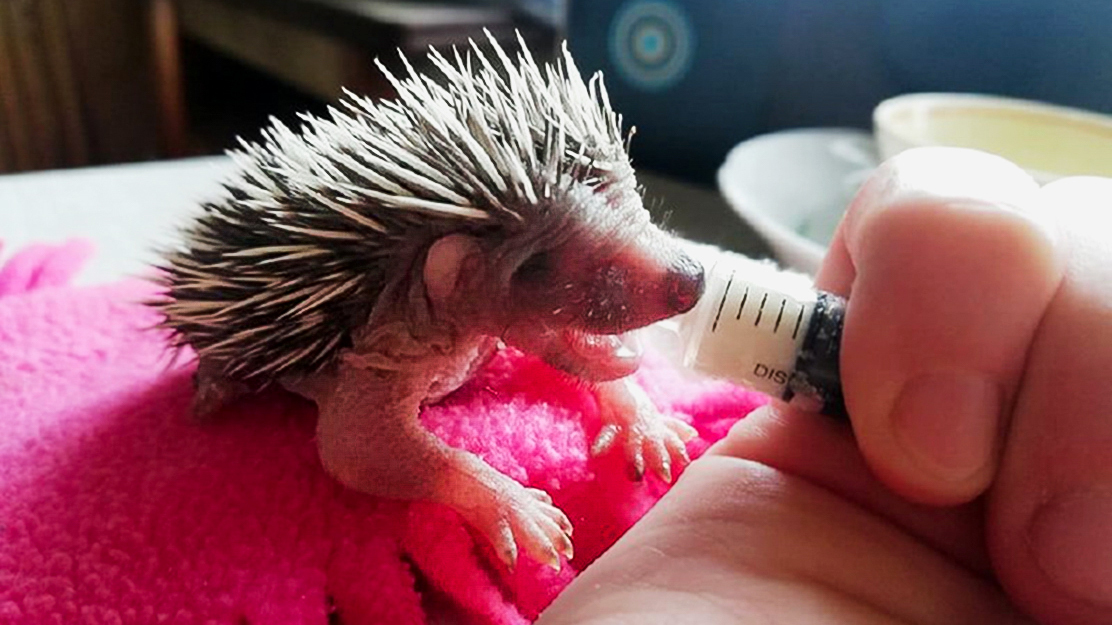
Rescued hedgehogs return to the wild
The First Private Hedgehogery (FPH) in Kyiv, Ukraine is a hedgehog shelter managed by Kyrylo and Solomia. Two people with a love for animals who joined forces and started a small organisation to rescue and rehabilitate hedgehogs.
Since the start of the full-scale invasion, Kyrylo and Solomia have faced daily challenges in taking care of the rescued hedgehogs. When the air alarm goes off to signal another raid, they rush to get themselves to a bomb shelter with armfuls of baby hedgehogs that need feeding. If the power goes out again, they find ways to ensure the heating mats for aged or sick hedgehogs still work. All this on top of the struggles of finding resources such as food, hay and medical supplies.
IFAW supported FPH with buying supplies and equipment including crates, electric batteries in case of power outages, a washing machine for reusable towels, boxes for storing animal food, and other vital supplies. ‘It is so great to know that the animals we took care of are seen around cottages or in villages one or two years later—some also walking around with their cubs. This means they were able to successfully continue their life in the wild, which is amazing!’ said Kyrylo and Solomia.
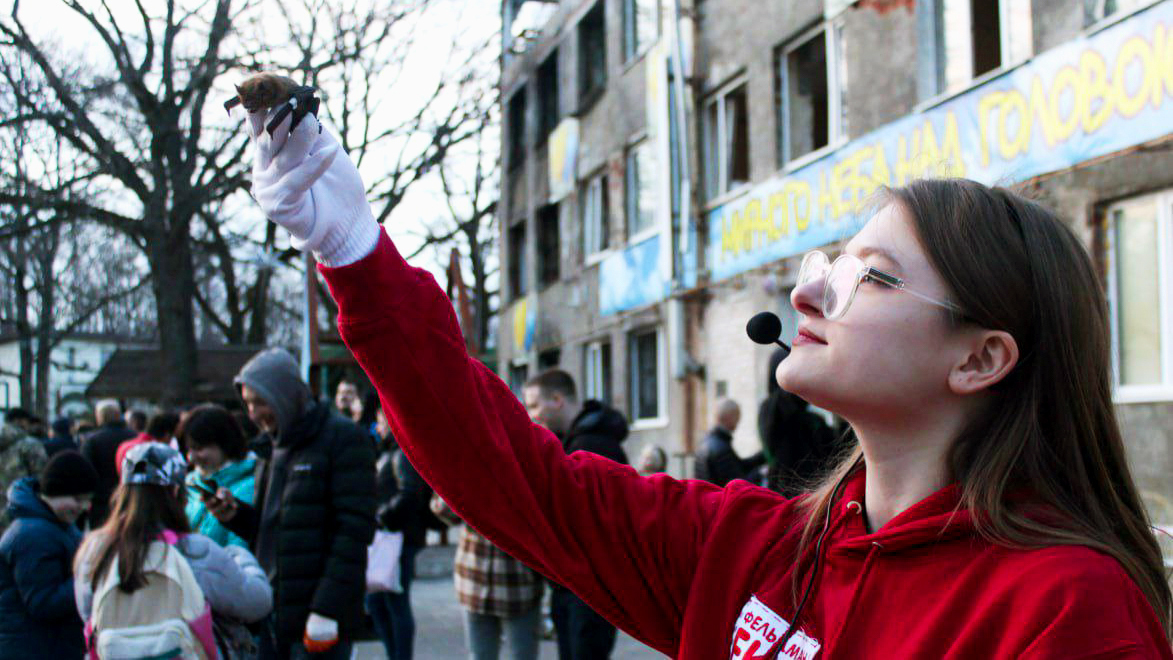
New facility supports bat rehabilitation
Between 2022 and 2024, IFAW also provided several emergency grants to the Ukrainian Independent Ecology Institute (UIEI), an NGO that runs the Bat Rehabilitation Centre near Kharkiv. Our funding was used for food, rescue missions, veterinary supplies, transport costs for rescue and release events, equipment for the center’s bat hibernation facility (such as a battery to ensure stable electricity supply during electricity cut-offs and a cage for keeping bats which are on lifelong rehabilitation), and certain staff costs.
We also helped set up a new bat hibernation and rehabilitation facility, which combines a pre-release ‘bat collider’ (a doughnut-shaped enclosure) for bats in lifelong rehabilitation and a facility focused on hibernation activities during the winter months. The new facility is designed as a transportable modular/container, so that in case of an emergency or military escalation in the Kharkiv area, it can be transferred to another city. The facility was installed in April 2024 and opened in May 2024, with a target capacity of 5,000 bats.
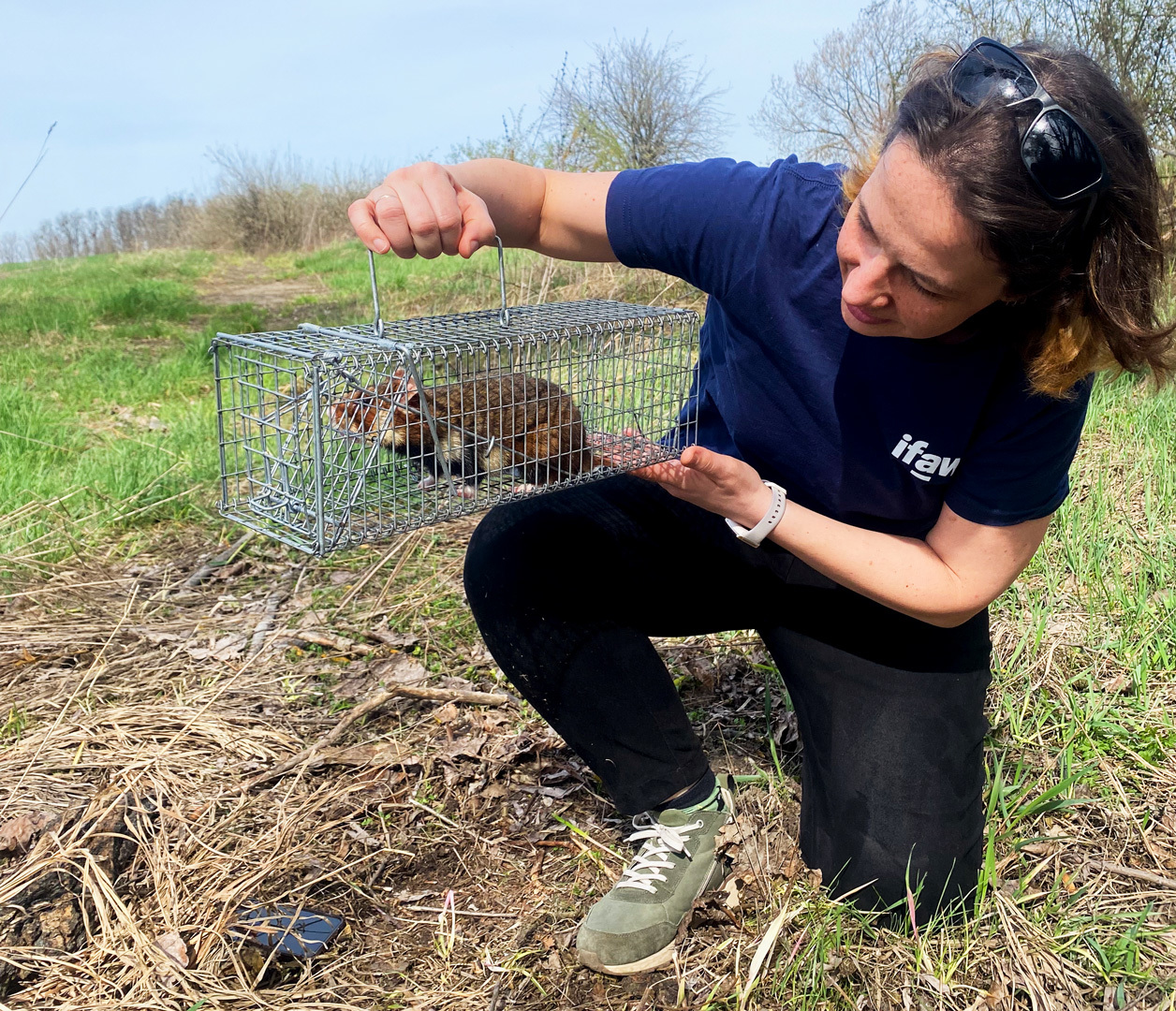
Conserving European hamsters in the wild
Conservation breeding programmes to help support European hamsters—which are declining due to agriculture, habitat loss, and persecution by those who consider them pests—have also been affected by the war. One such programme is at the Breeding and Reintroduction Centre of Protected Species at Kyiv Zoo in Ukraine. Established in 2019, the centre is supported by the non-profit Ukrainian Nature Conservation Group (UNCG), Zoo New England, and IFAW.
Traditionally, the hamsters would be released into historical ranges to support wild populations, with the animals tracked to monitor the programme’s success. However, the war has limited potential release sites and brought hamsters closer to humans, who often request their removal. So, in 2023, the Centre began rescue missions to catch the hamsters and release them either directly into the wild elsewhere or keep them at the centre as part of the conservation programme.
IFAW supported UNCG with emergency financial assistance for food, veterinary care and supplies, and equipment and crates for the hamsters. We also provided expertise to support successful releases back into the wild and improved welfare for each animal to help ensure the survival of the species.
Emergency evacuation of horses from Kharkiv to Kyiv
June 1, 2024
With the recent increase of Russian attacks on Kharkiv, the Dergachi Youth Horse Riding School in the town Dergachi saw itself left with no other option than to call for help. IFAW immediately issued an emergency grant, and together with our partner UAnimals and other local organisations, 38 horses were evacuated from Kharkiv on 18 May 2024. The evacuation wasn’t a moment too soon, as the day before there was shelling nearby, which blew out all the windows in the stable, and on 30 May, the riding school was completely destroyed by a missile attack. Thankfully, no horses were killed as a result, and no staff members were present at the riding school at the time of the attack.
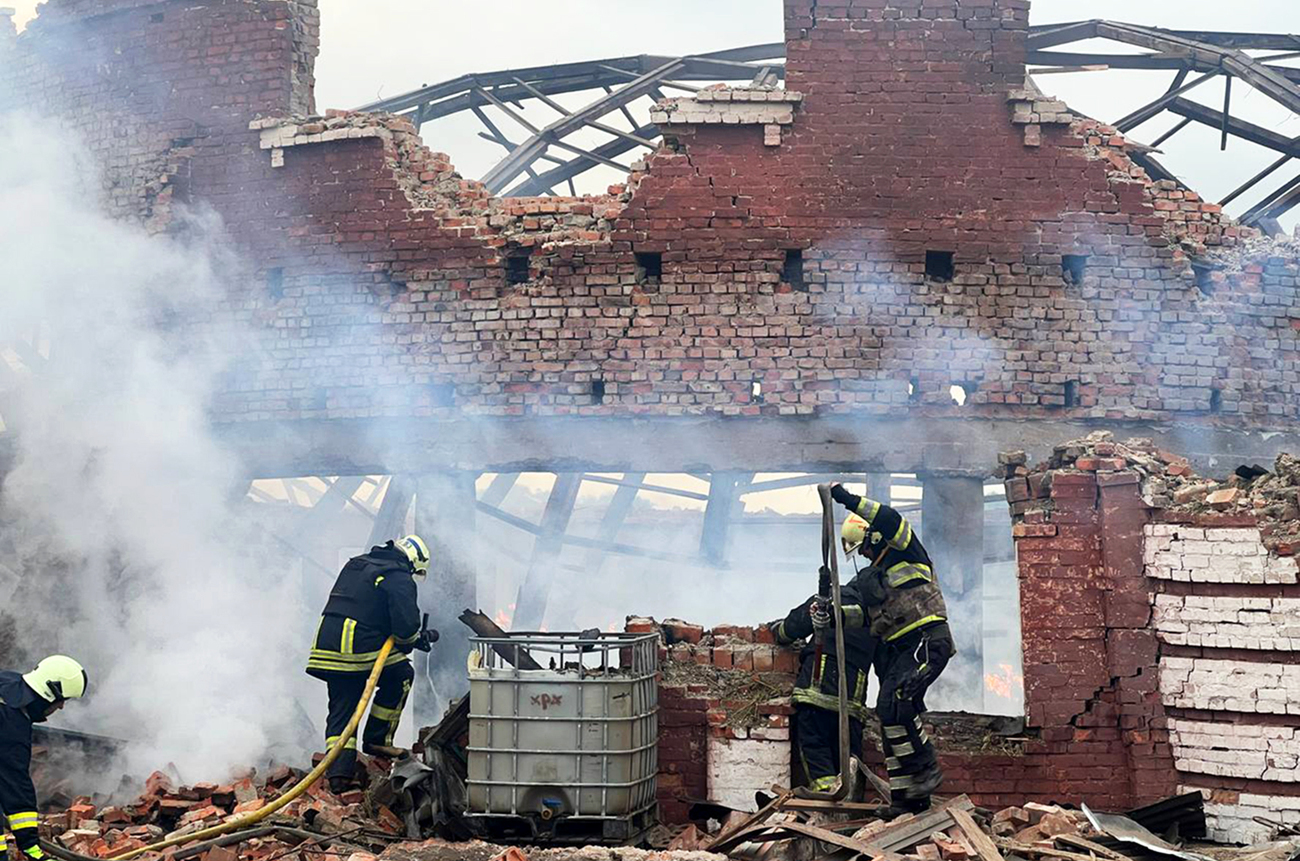
The horses have now found shelter at a stable in the village Didivtsi in the Chernigiv region and the Horse Paradise stable in Kyiv. The Horse Paradise stable is a partner that IFAW has been supporting since early 2024 with funds for veterinary products (like deworming drugs, insect repellents, salt blocks, vitamins, etc.), the repair and reconstruction of stables, and the installation of an electric fence.
Before the war, the school had about 50 horses. They’d evacuated most of them to safer regions in 2022, but then took in other horses that needed rescue from the war zone. Given the current situation, they decided to evacuate all 38 horses. Some of them had already been evacuated three times before. We hope the animals can now stay in their new homes and recover from the stress of the war.
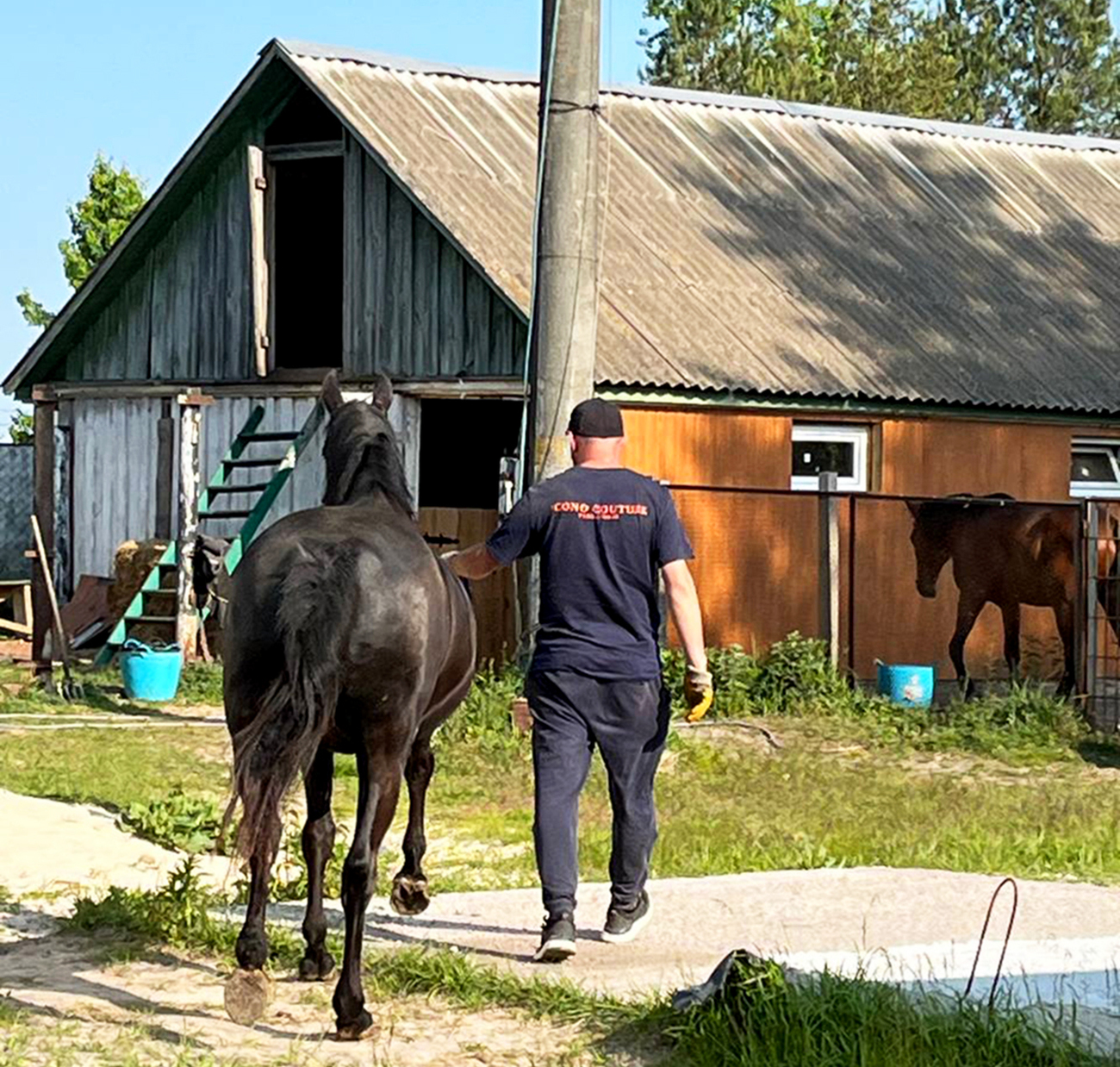
National pet registry launches in Ukraine
May 29, 2024
A nationwide state system for pet registration and identification has long been a request from animal aid organisations and veterinary associations in Ukraine. The full-scale invasion by Russia expedited things, as the number of displaced pets and the stray population has grown exponentially.
That is why the Ukrainian government is now launching a national registry of pets. The aim is to keep better track of whether pets are vaccinated, help guardians find their animals when they are lost, and ensure Ukrainian legislation matches international standards and legislation. The latter is driven by the experience of hundreds of thousands of refugees fleeing to neighbouring countries in the EU, which led to a temporary waiver of pet entry requirements. The registry will be exempt from state fees, and vaccination and chipping should become standard practice for pet guardians.
Animals to be recorded in the registry are cats, dogs and ferrets—which are highly sought-after pets. The data that is going to be recorded in the registry includes the pet’s name, age, microchip number, vaccination history, and guardian’s contact details.
In March 2024, IFAW issued another grant to our partner Element of Life to deliver free vaccination and microchipping services via its Save Pets of Ukraine initiative to 7,000 pets of internally displaced people through veterinary clinics across the country. Several hundred pets have already been registered, with the aim of including all 7,000. Providing support to this government initiative is part of IFAW’s goal to support families with pets suffering from the war, minimise risks of spreading diseases between pets and wild animals, and help improve animal welfare standards in Ukraine. Should the pet registry initiative prove successful, the Ukrainian government might consider setting up a similar registry for captive wildlife.
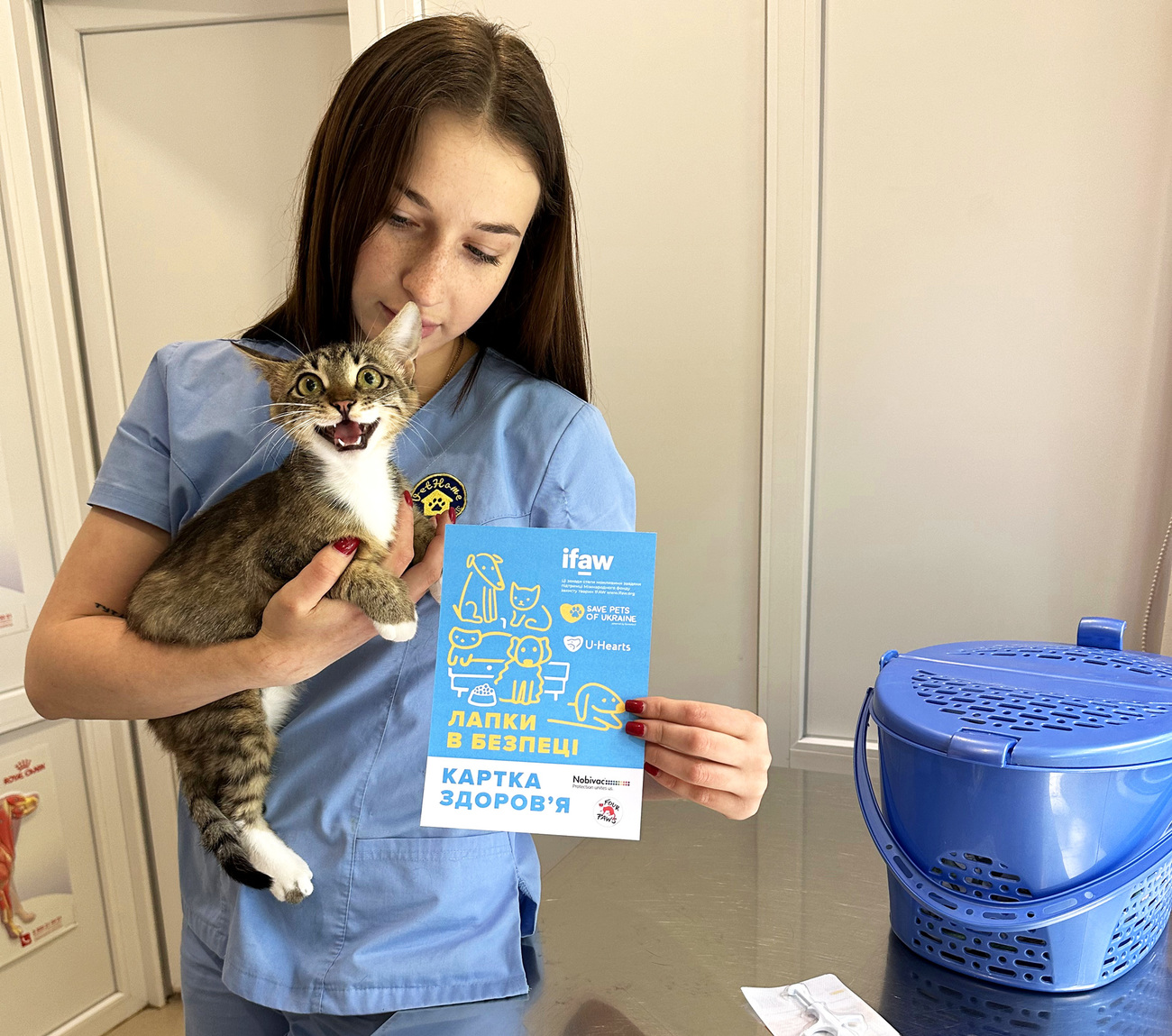
Three young lionesses rescued from a breeding facility and private ownership
April 19, 2024
Our partner Wild Animal Rescue recently rescued three young lionesses, Vanda, Amani, and Lira, from an illegal breeding farm and private apartment, where they suffered from severe stress and neglect. IFAW helps support them with food and veterinary care until we find them a new home outside of Ukraine.
Read more about the three cubs here.
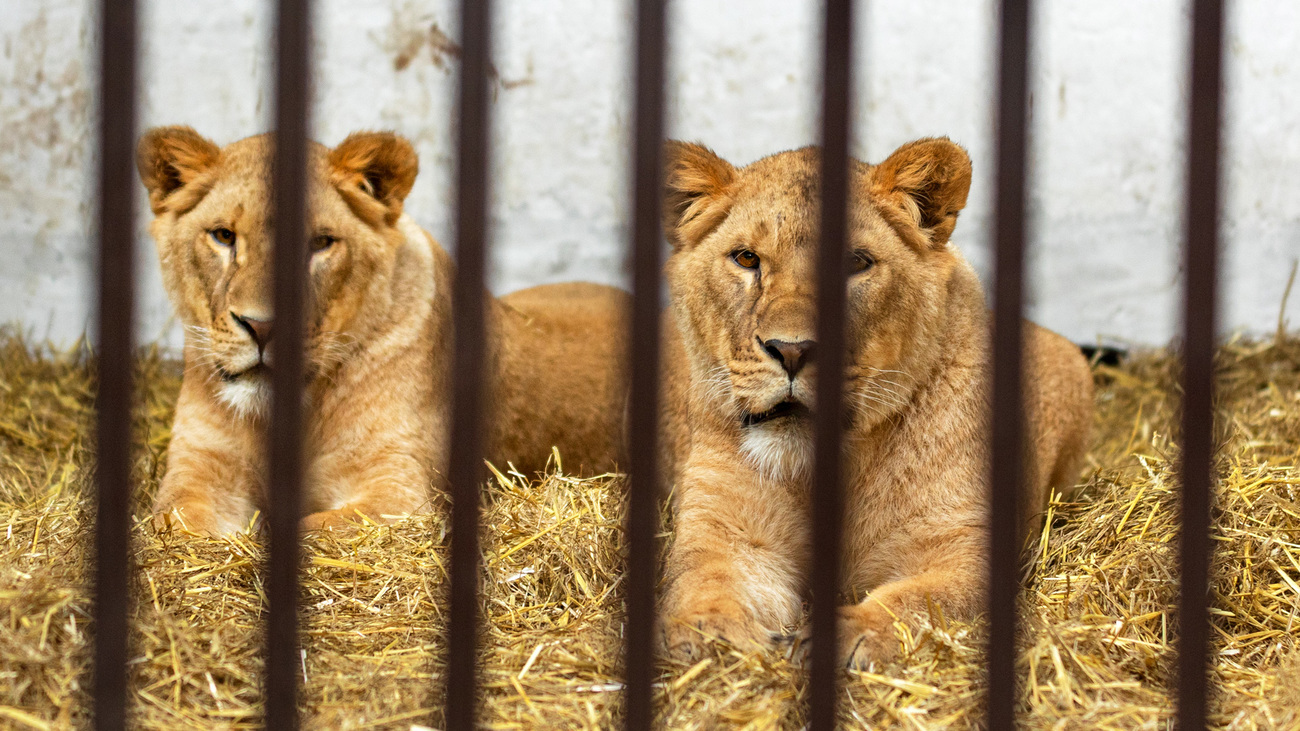
IFAW has been helping animals threatened by the intense conflict in Ukraine since February 2022. Thanks to overwhelming support from people around the world, IFAW’s work and that of our partners continues to make a difference for the animals and people impacted by the war in Ukraine and around the world.
timeline of updates from Ukraine >>
A lioness and her three cubs are safe in their new home in the UK
March 22, 2024
Safe refuge for rescued wildlife in Western Ukraine
February 23, 2024
New home for two wolves rescued from captivity in Ukraine
February 22, 2024
Three lions rescued from Ukraine find forever home in France
January 26, 2024
Missile attack in Kyiv
January 2, 2024
African leopard Brave evacuated safely from Ukraine
November 24, 2023
Support for rescue and release of wild animals
October 31, 2023
Helping animals join families
August 31, 2023
IFAW responds to destruction of Ukraine’s largest dam
June 8, 2023
feeding, bedding, and treating animals in need
May 29, 2023
more than 500 bats rescued in northern Ukraine
April 6, 2023
Ukraine 1 year on: more than 103,000 animals saved
February 22, 2023
20 Ukrainian volunteers receive award for saving animals during the war
February 14, 2023
delivery of feed keeps 150 horses alive in Ukraine’s Mykolaiv region
February 3, 2023
keeping animals warm this winter
December 21, 2022
rescued cubs from Ukraine arrive safely at their forever home
October 27, 2022
bat rescue and rehabilitation continue despite war
October 10, 2022
veterinary surgeon who treated pets of refugees during Ukraine war joins ifaw
October 3, 2022
free vaccinations for 20,000 pets
September 26, 2022
ifaw has helped more than 75,000 animals in Ukraine over the past six months
September 9, 2022
how ifaw helped feed Dobby and other animals
August 30, 2022
'We’re helping people through animals. That’s what we’re doing'
July 9, 2022
Our "blue tent" closes, but the work continues
May 31, 2021
ifaw on CNN International's "First Move with Julia Chatterley"
May 10, 2022
A testimonial from Viktoria
April 27, 2022
Helping refugees and pets at the "blue tent"
April 26, 2022
Supporting a bat rehabilitation center
April 13, 2022
Alina's story
April 6, 2022
Managing an animal service station at the border
April 1, 2022
Refugee stories from the border
March 25, 2022
Helping Ukrainian refugees and animals at the Ukraine-Poland border
March 19, 2022
Shelter destruction in Berdyansk
March 17, 2022
IFAW deploys to Poland
March 13, 2022
Supporting a bear rehabilitation center
March 8, 2022
Caring for wildlife at the Poznań Zoo
March 4, 2022
A grant to World Central Kitchen
March 3, 2022
Shelter partners in Ukraine receive emergency funds
March 2, 2022
Shelter damage in Gorlovka
February 28, 2022
Preparing to rush emergency aid to Ukrainian shelter partners
February 25, 2022
To see a list of resources for families fleeing Ukraine with their pets, click here.
2015 footage: IFAW supports Shelter Pif in Donetsk
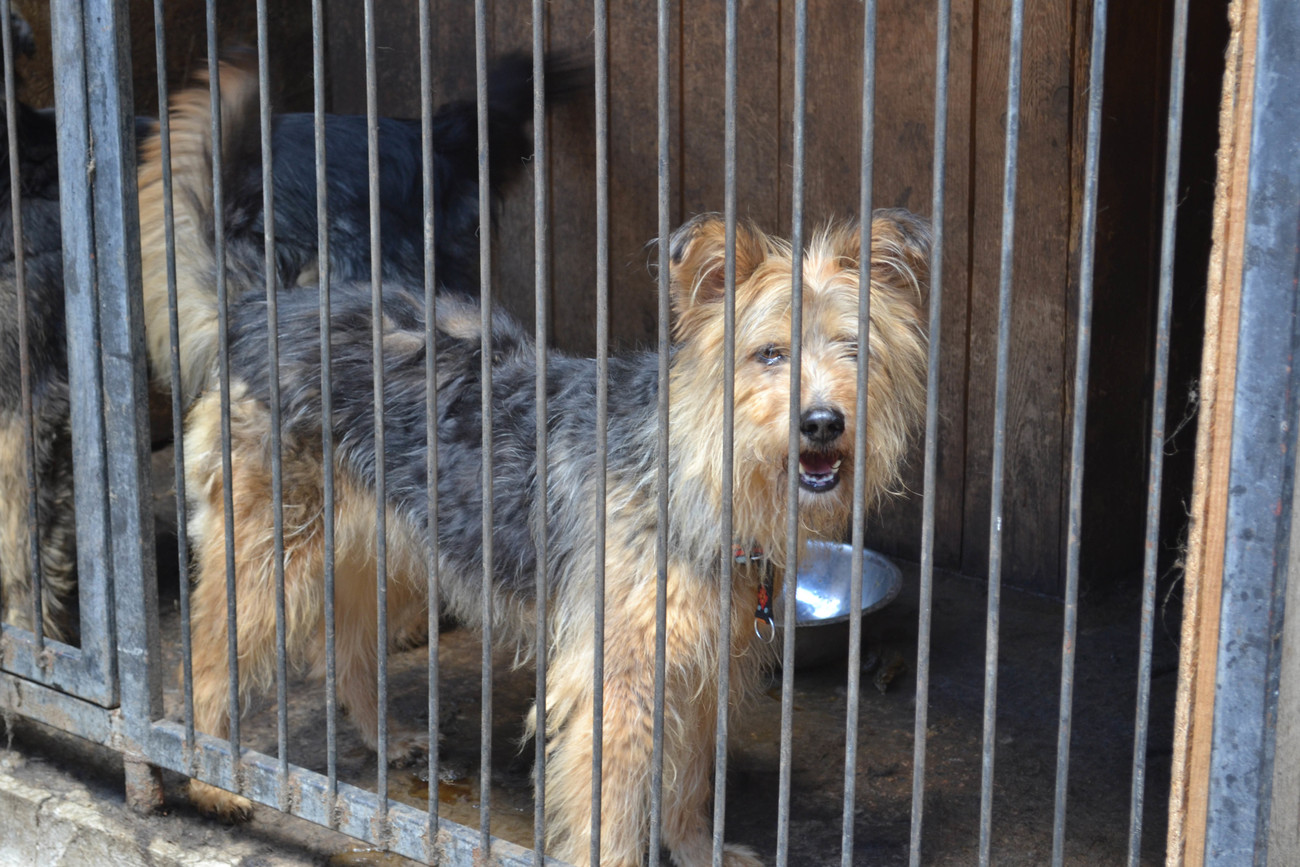
IFAW is committed to providing several months of animal food and veterinary supplies, and our emergency grant will also support operational costs for staff and volunteers as they continue to care for their shelter dogs.
IFAW first developed close partnerships with these shelters in 2014 when Russian troops invaded the eastern region of the country. We partnered with each shelter to provide critical support as they slowly rebuilt their homes, shelters and lives.
All too often, animals are the voiceless victims of conflict, and these shelters need our support now more than ever.
Related content
Every problem has a solution, every solution needs support.
The problems we face are urgent, complicated, and resistant to change. Real solutions demand creativity, hard work, and involvement from people like you.
